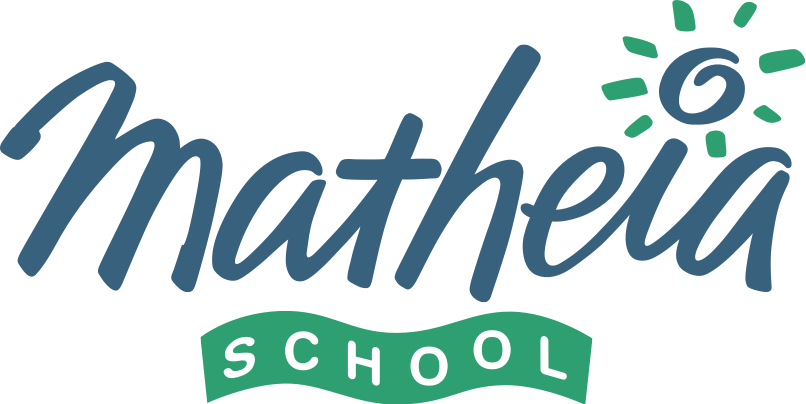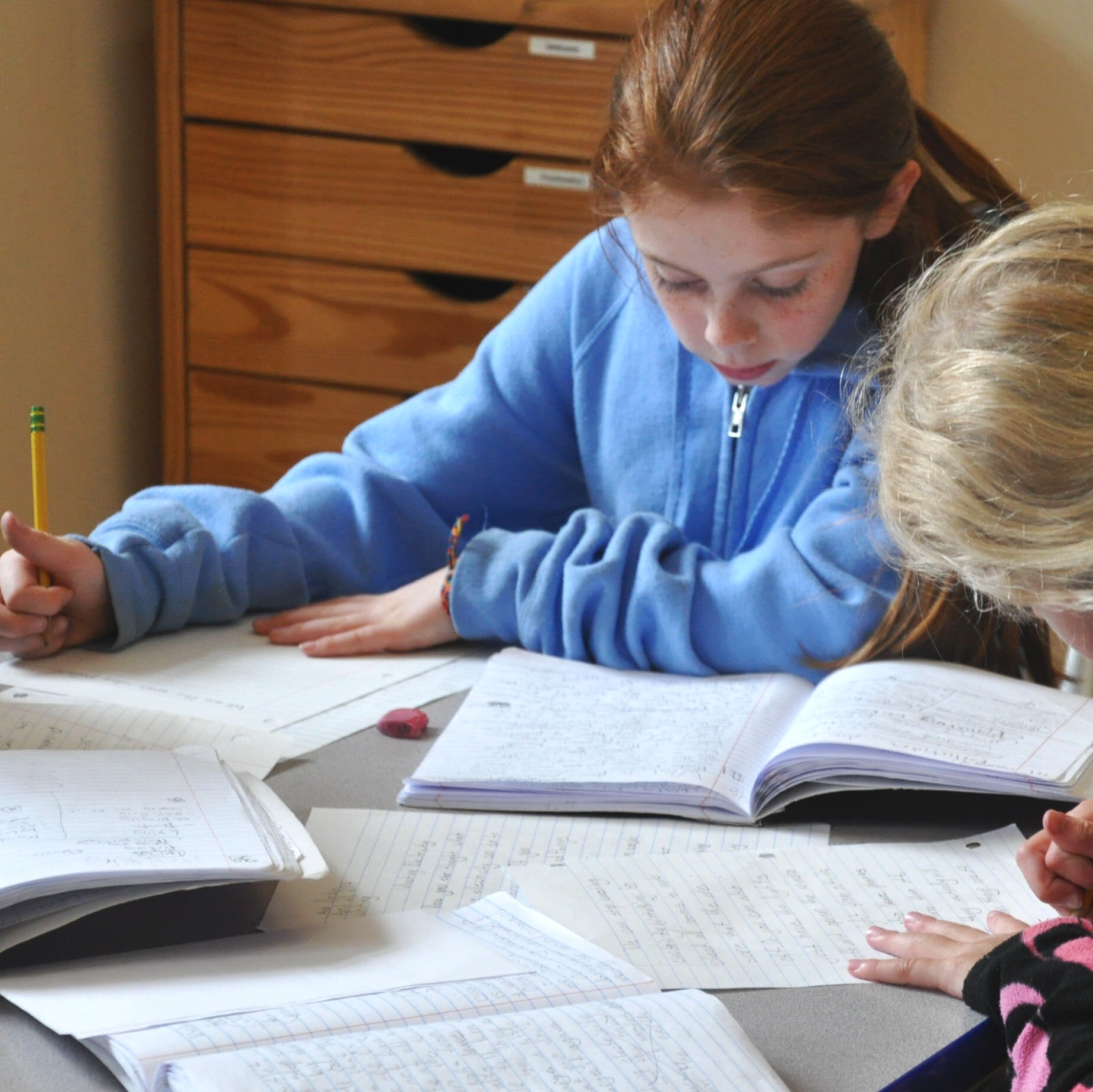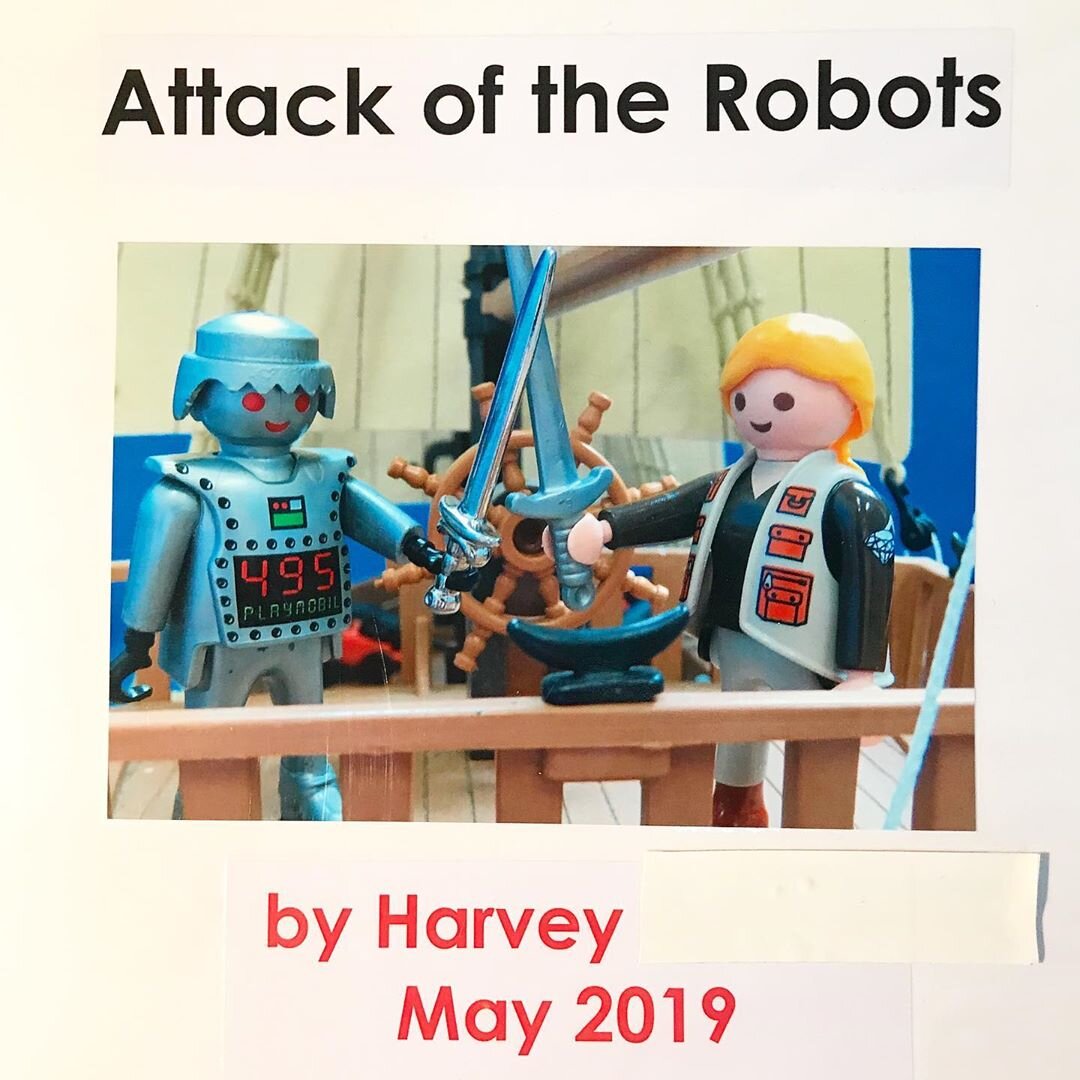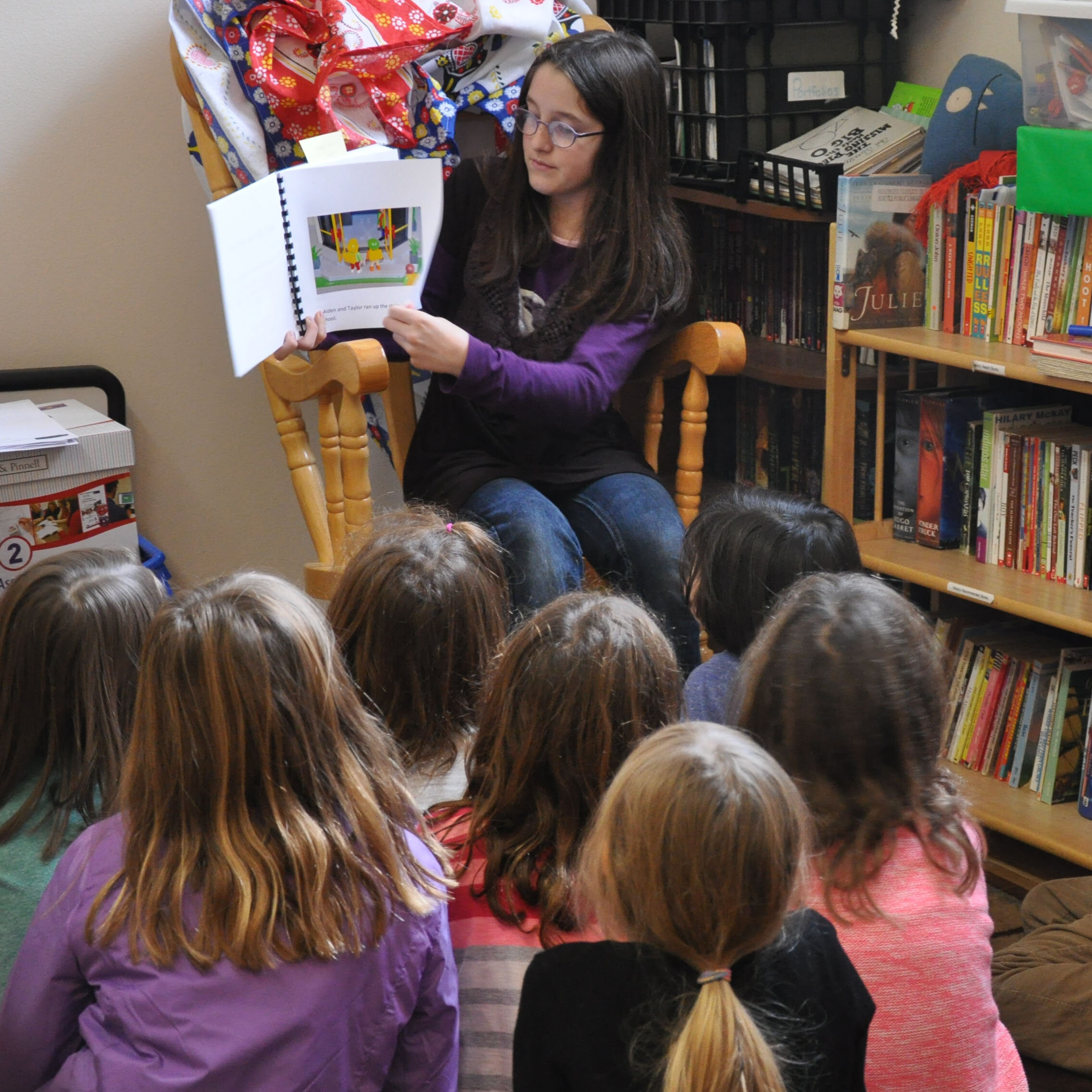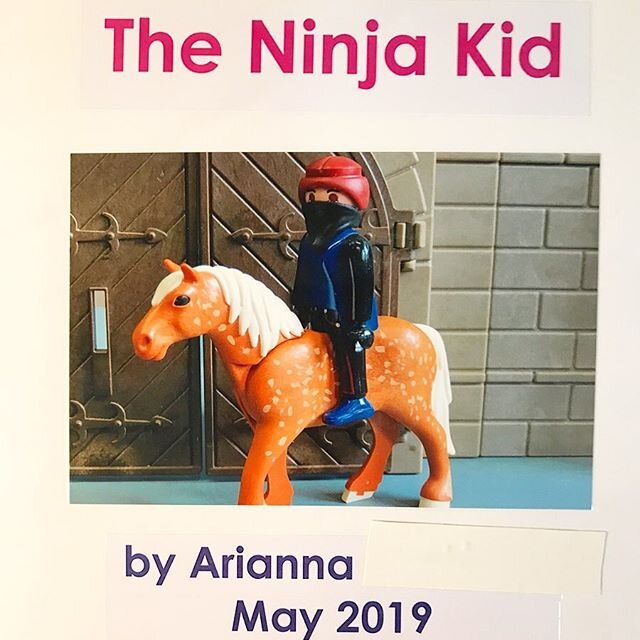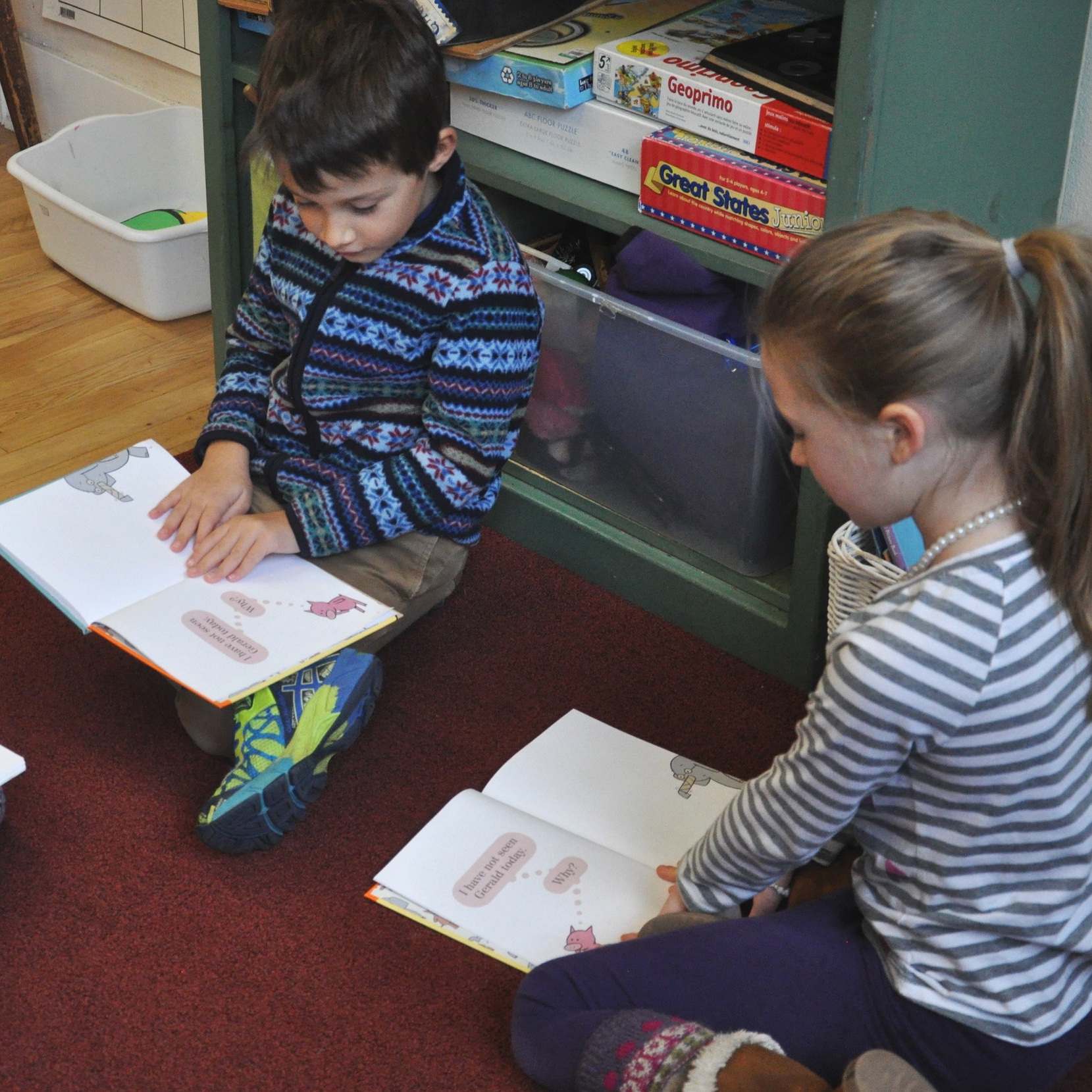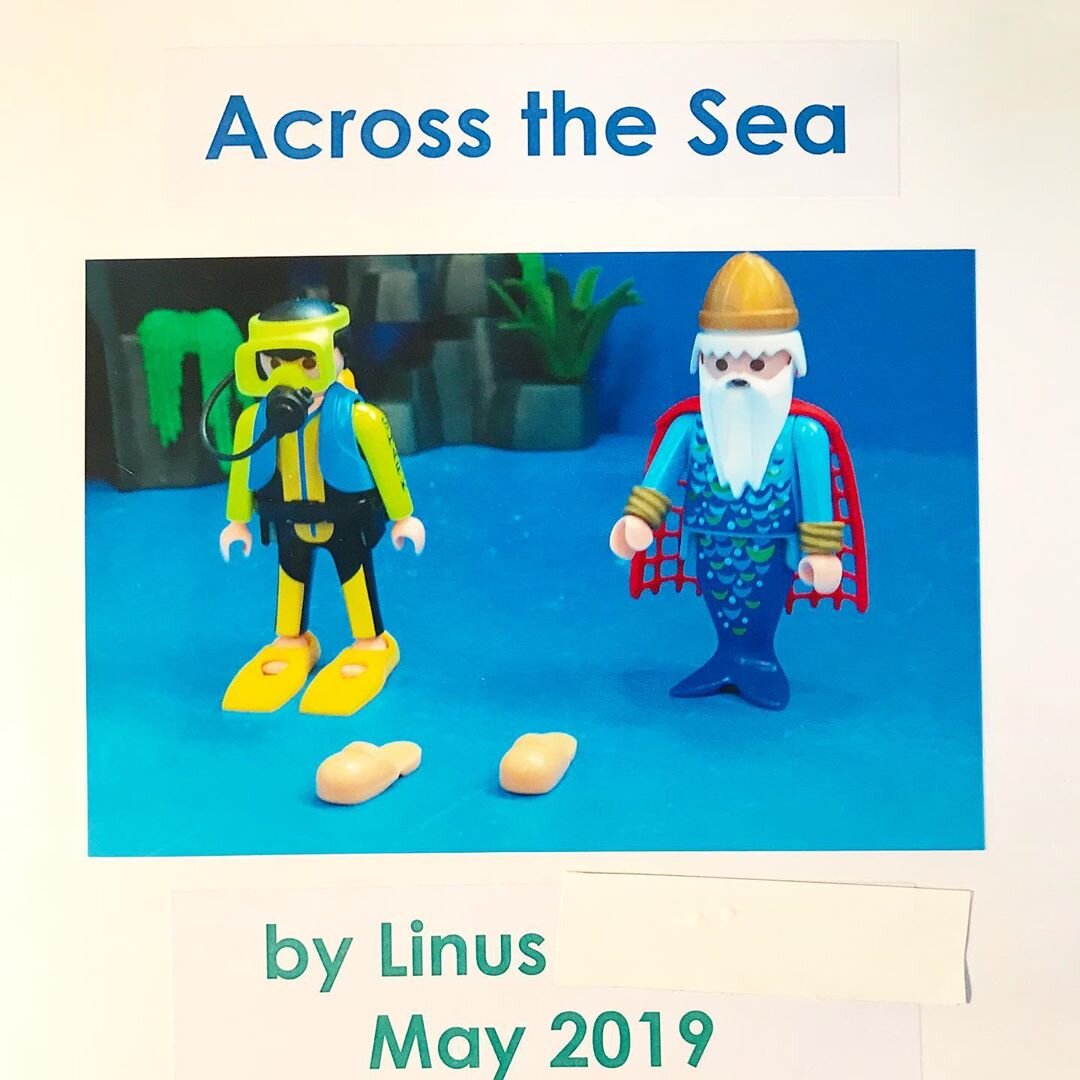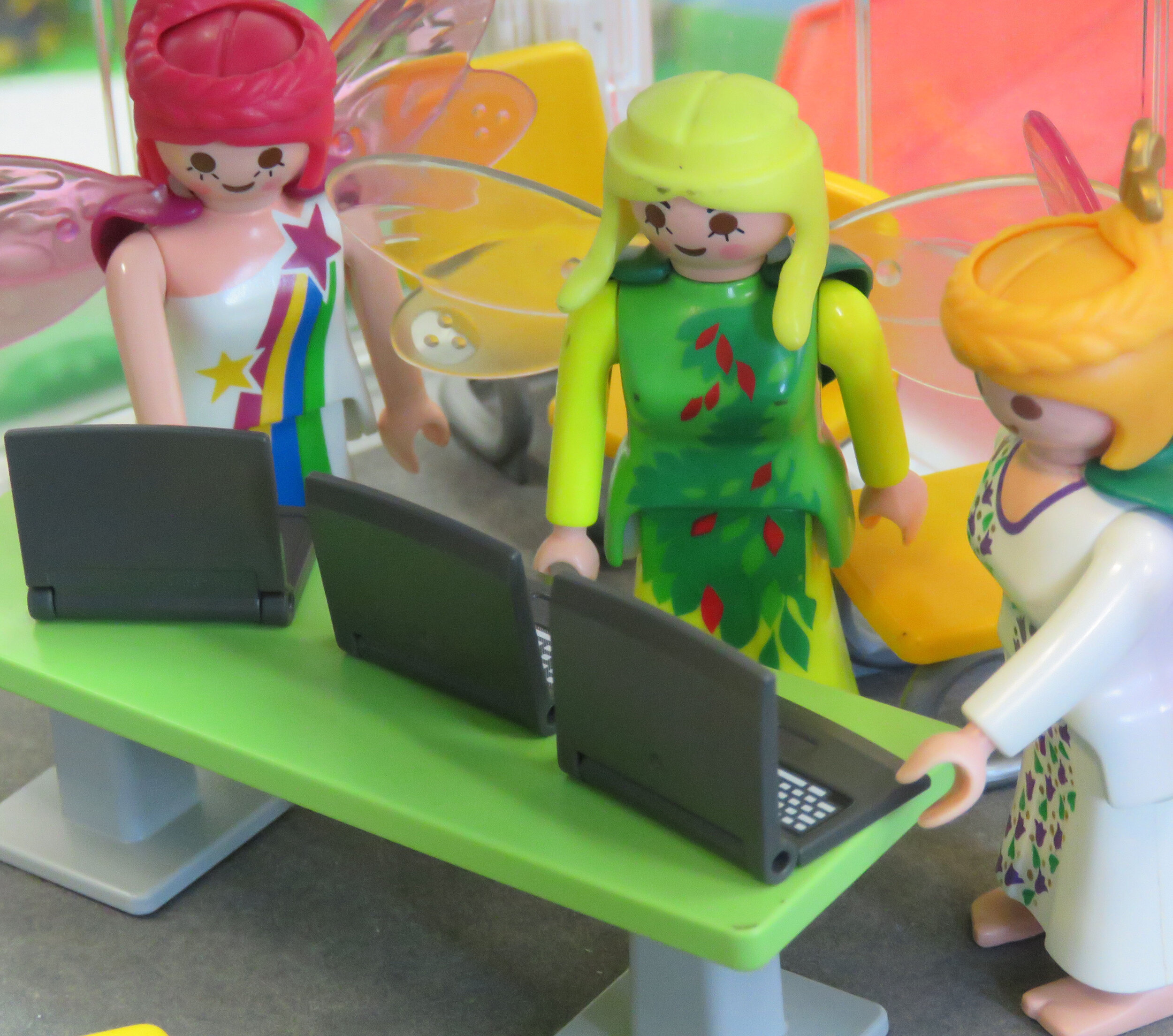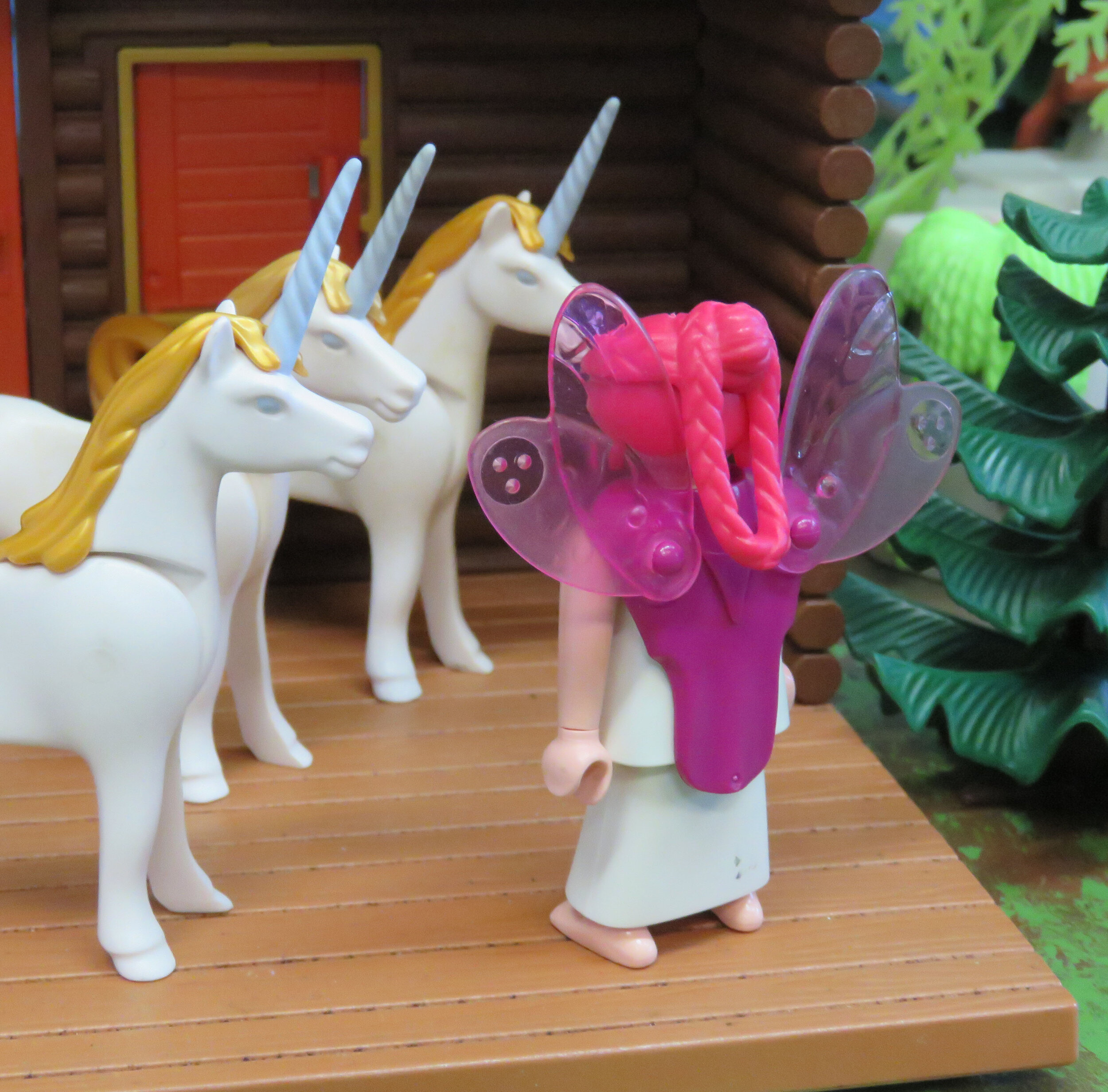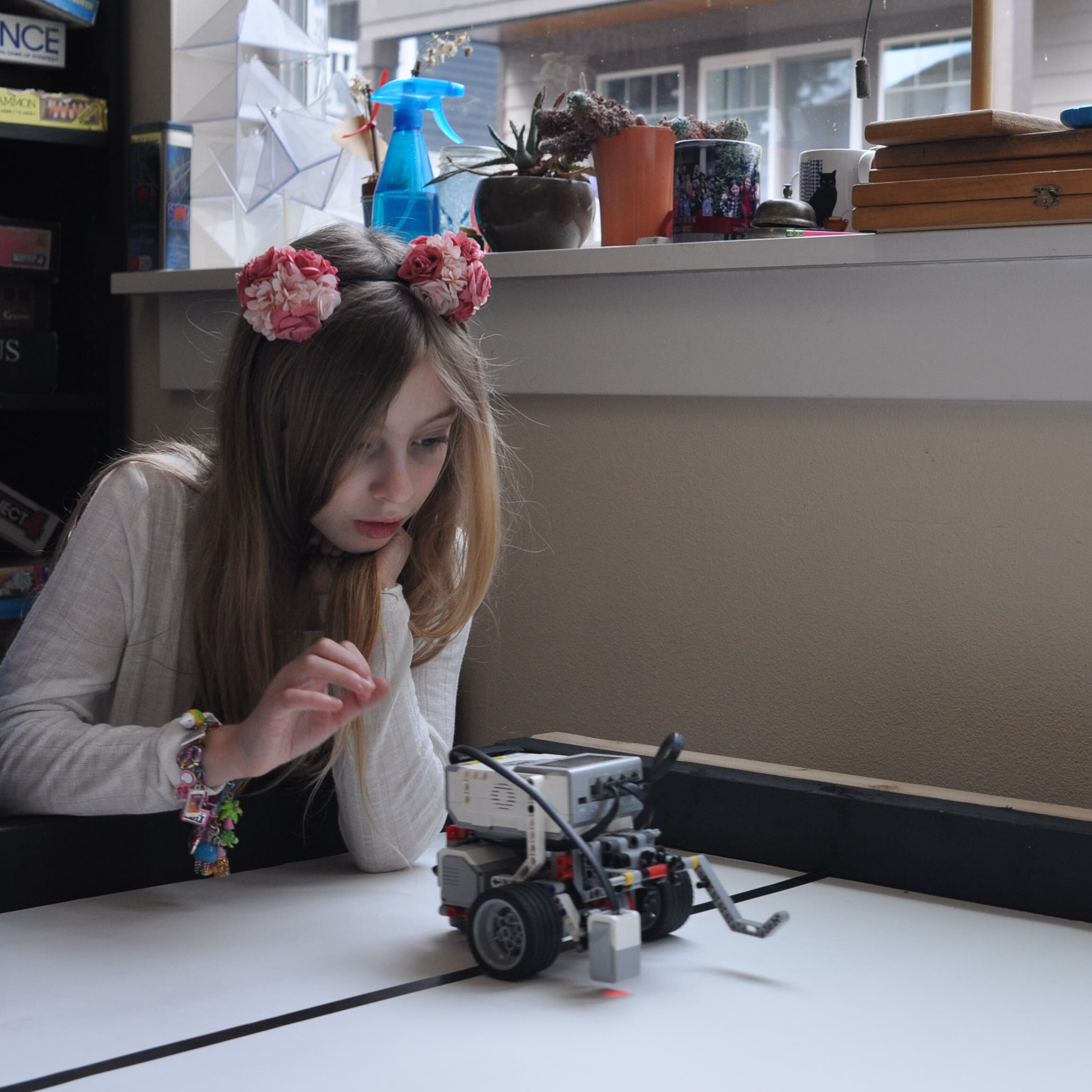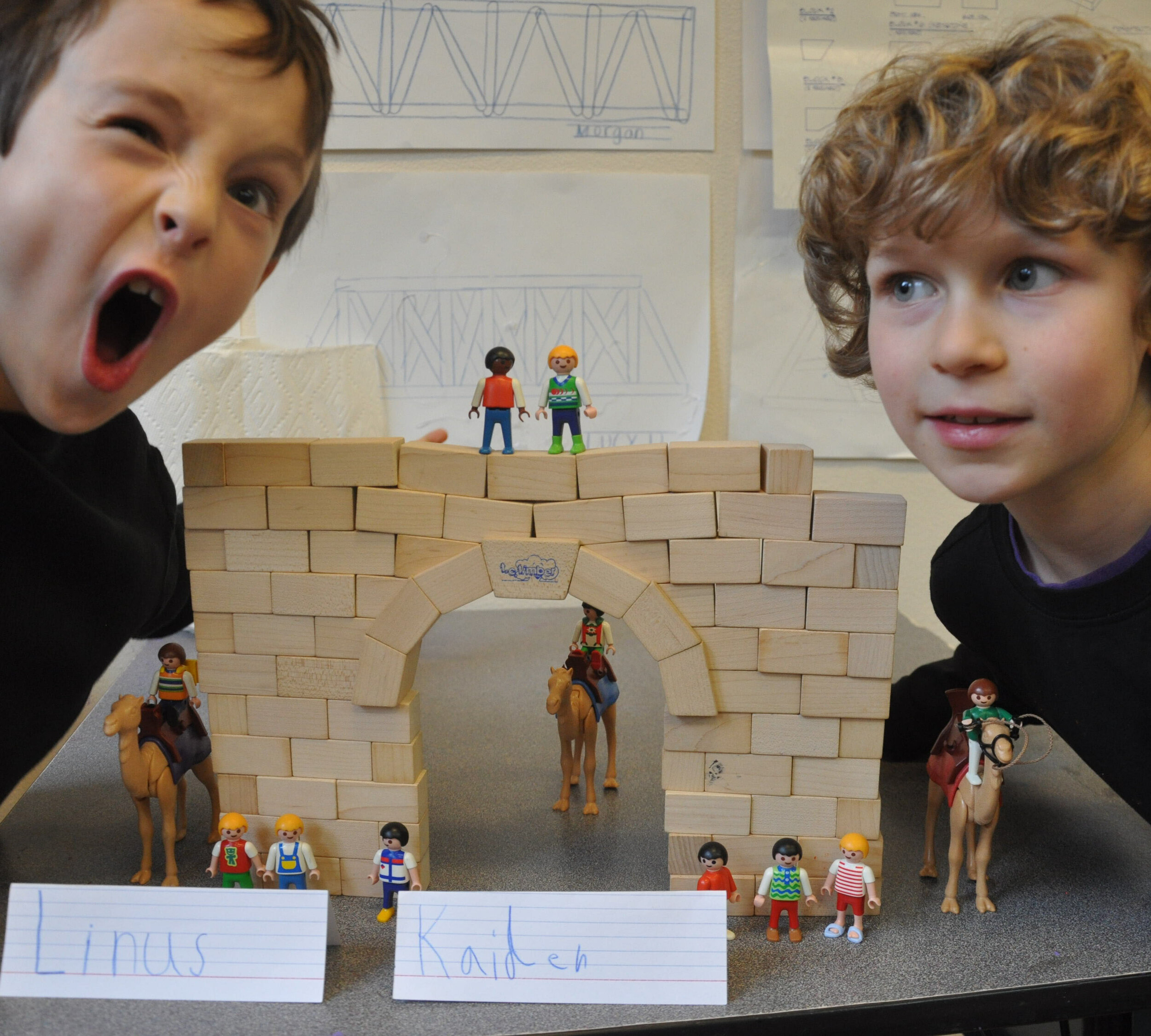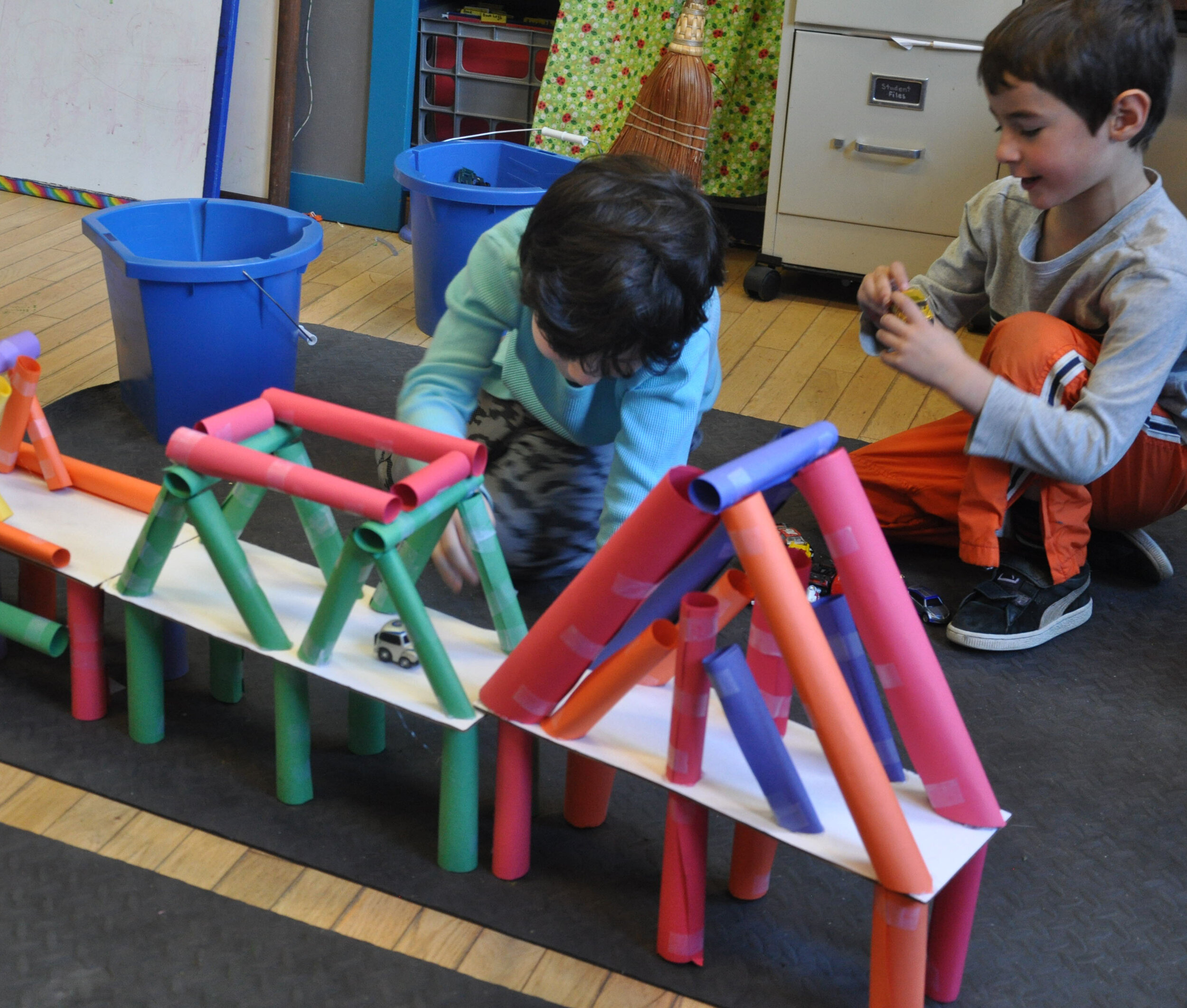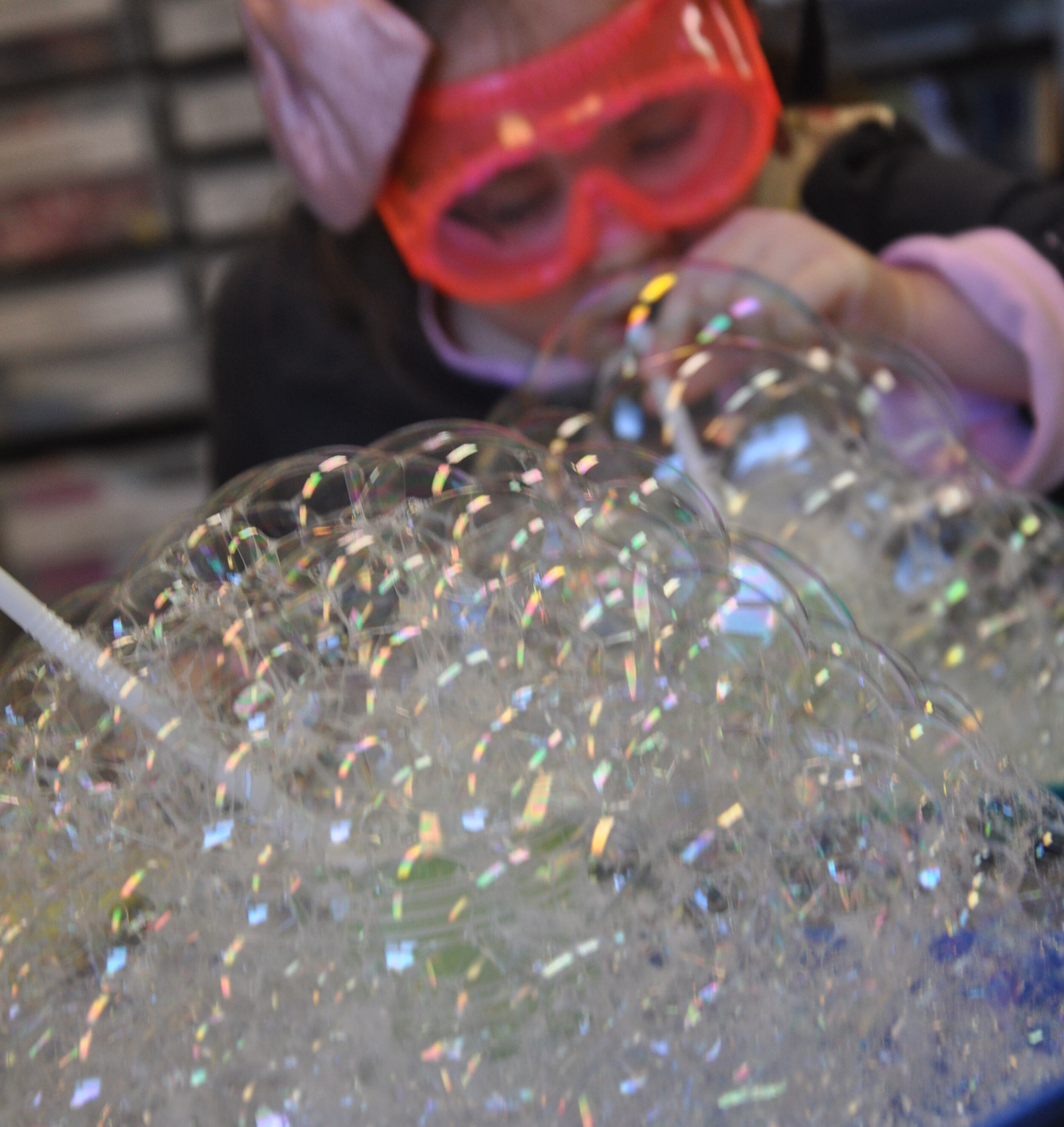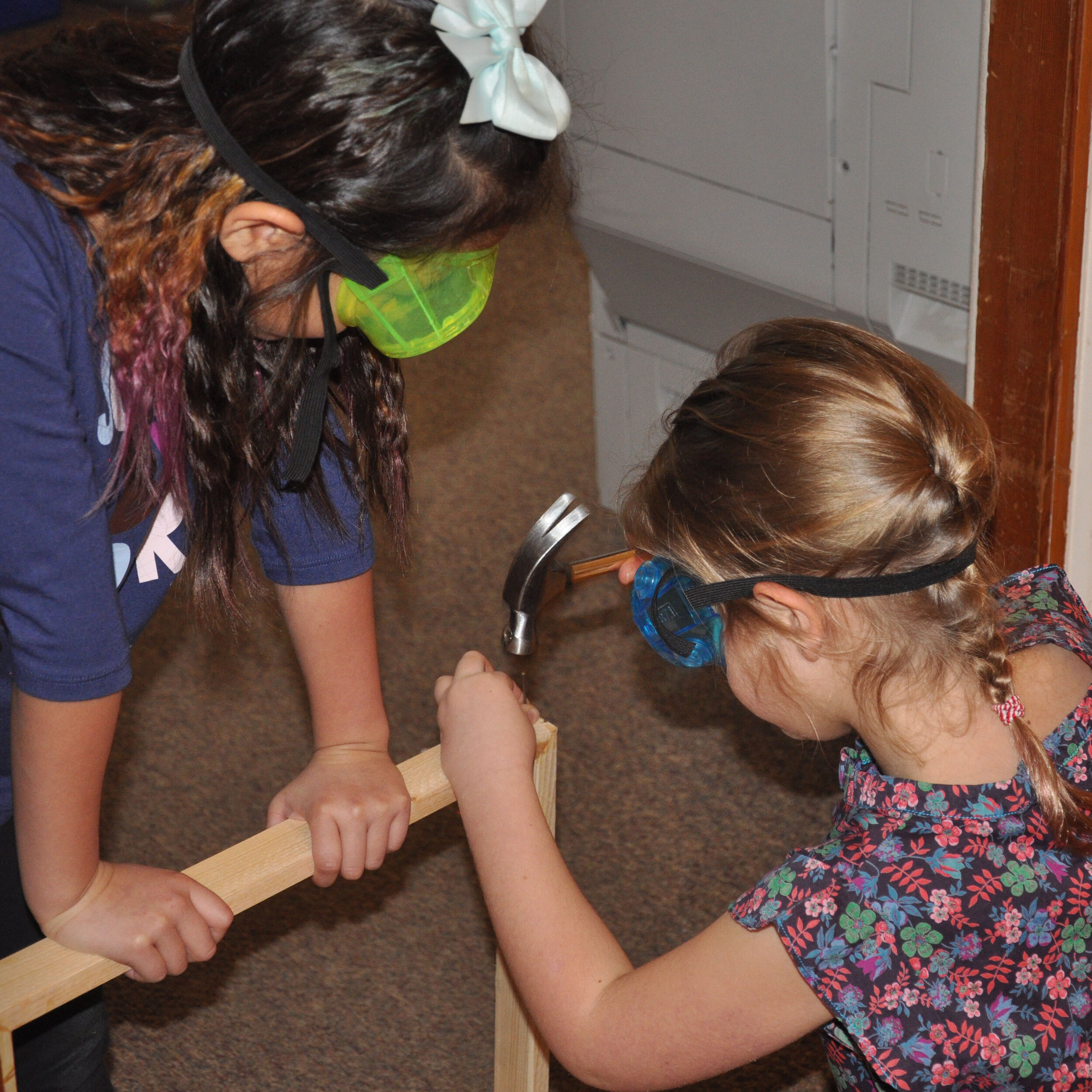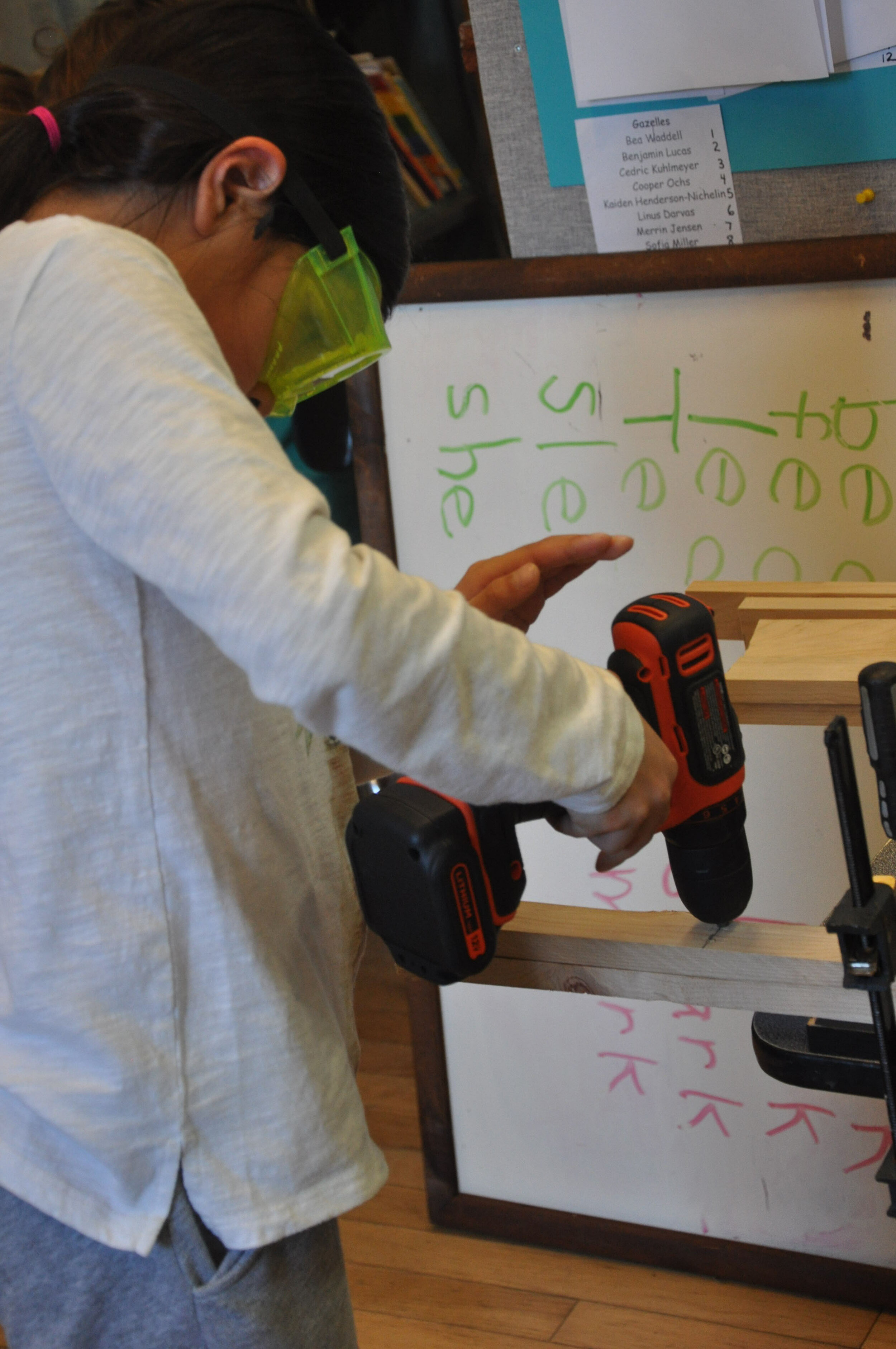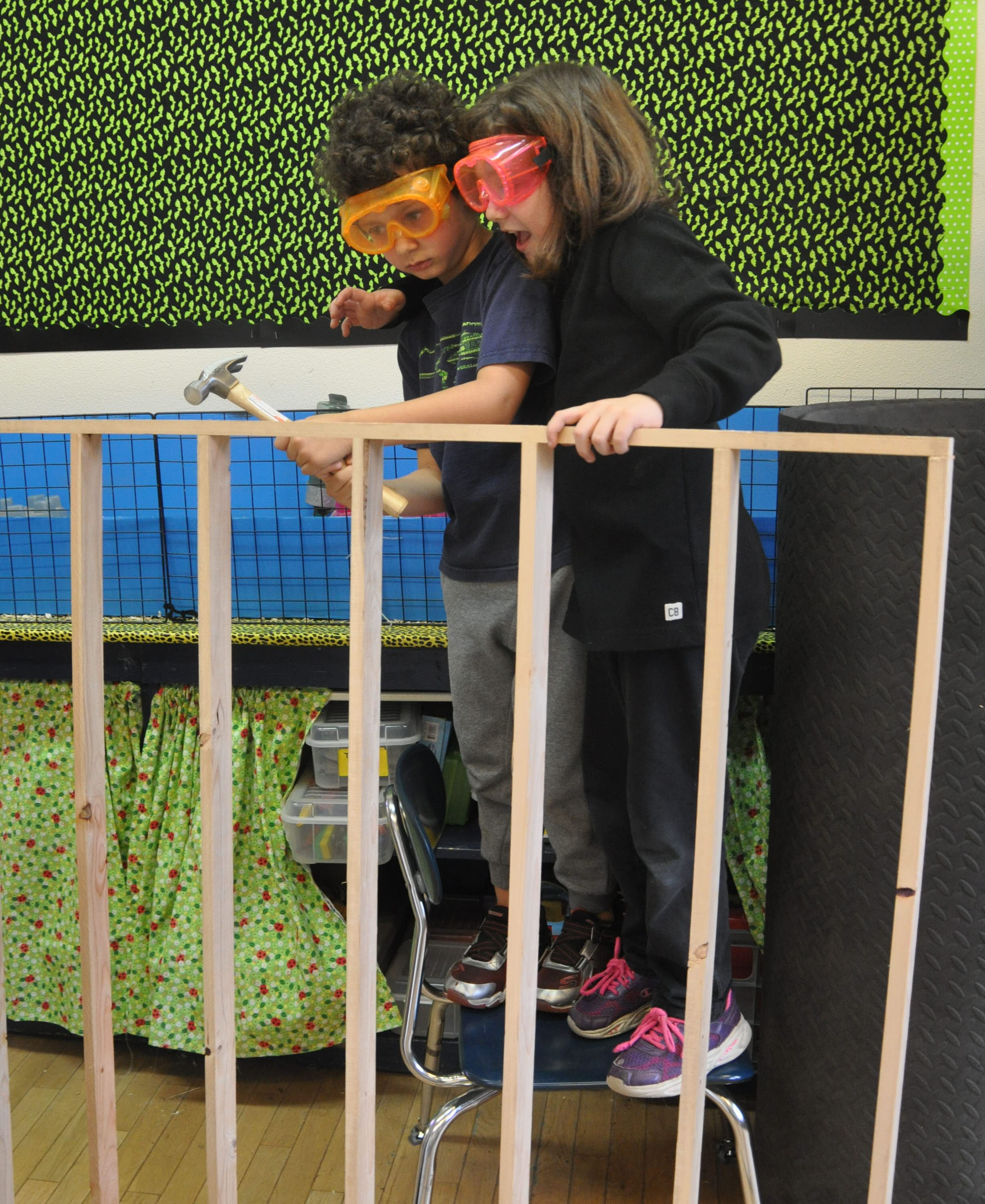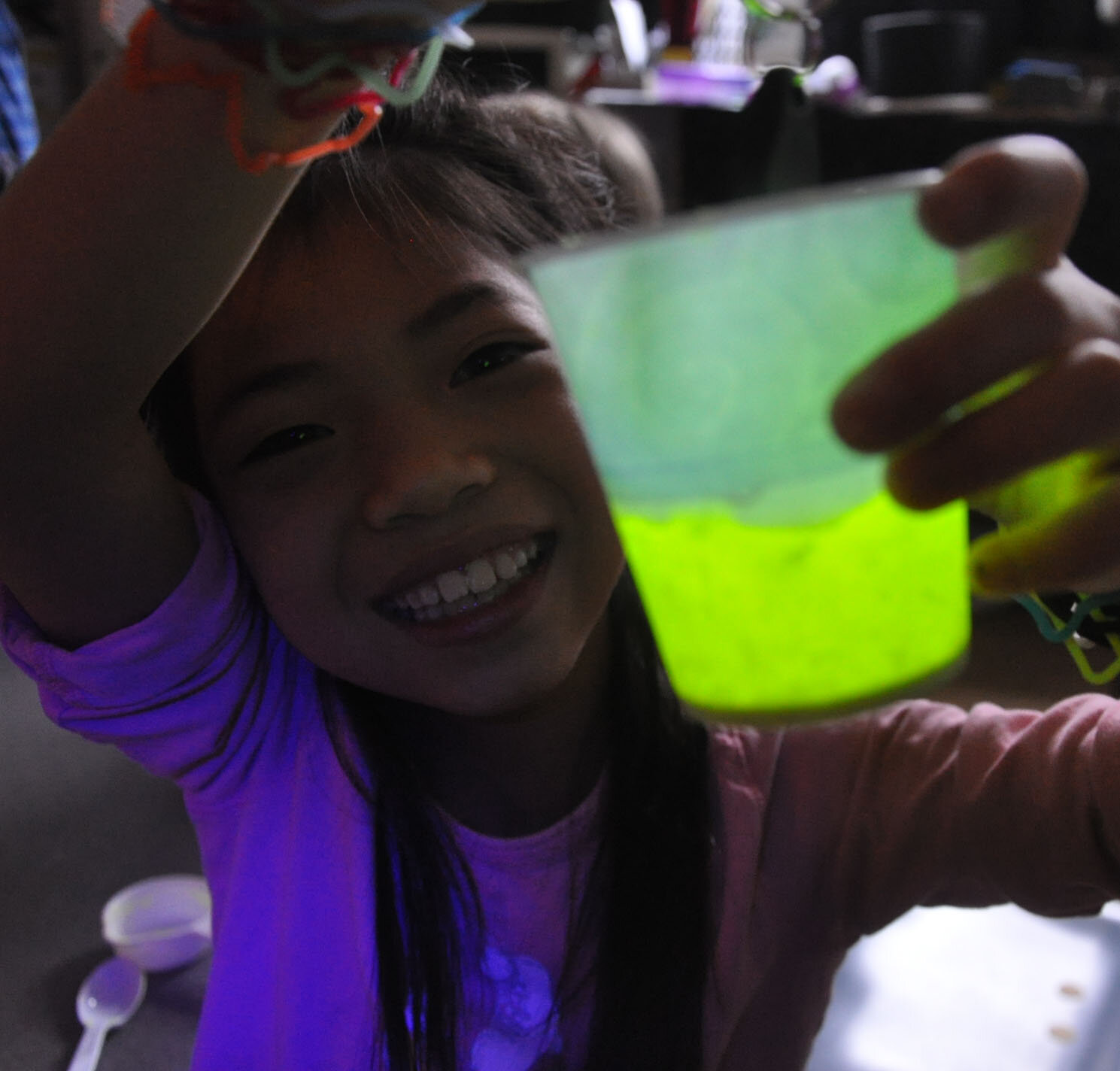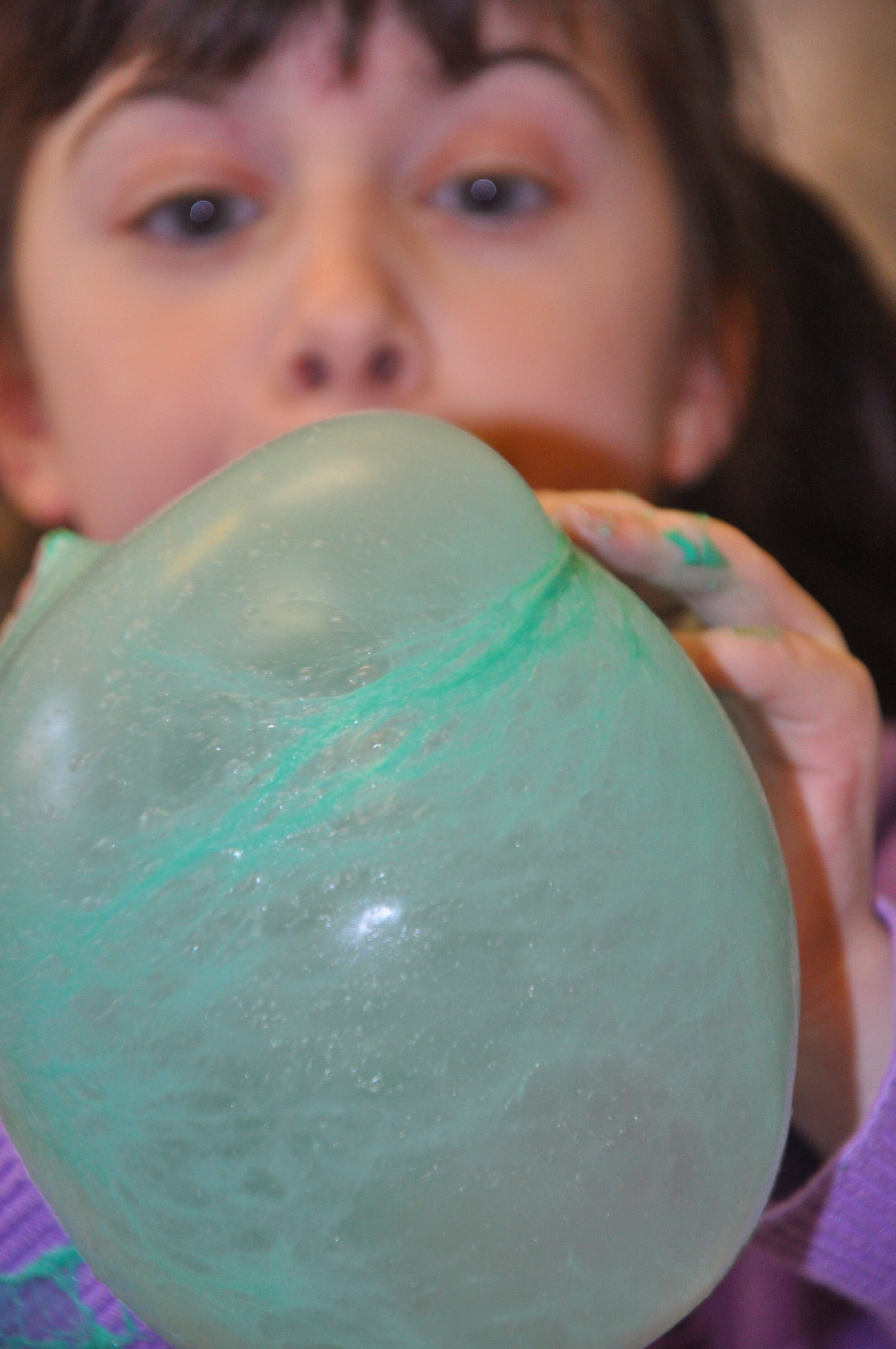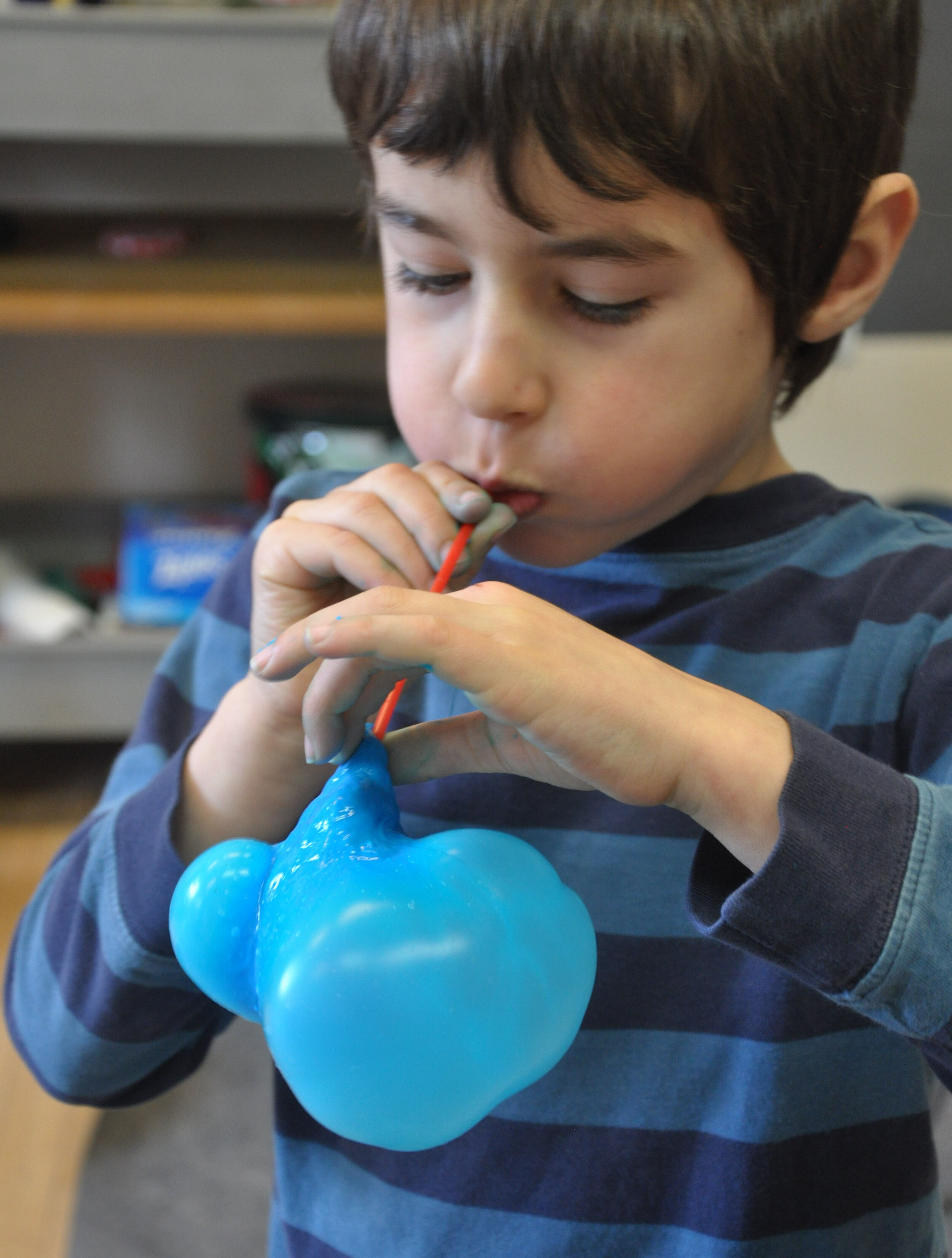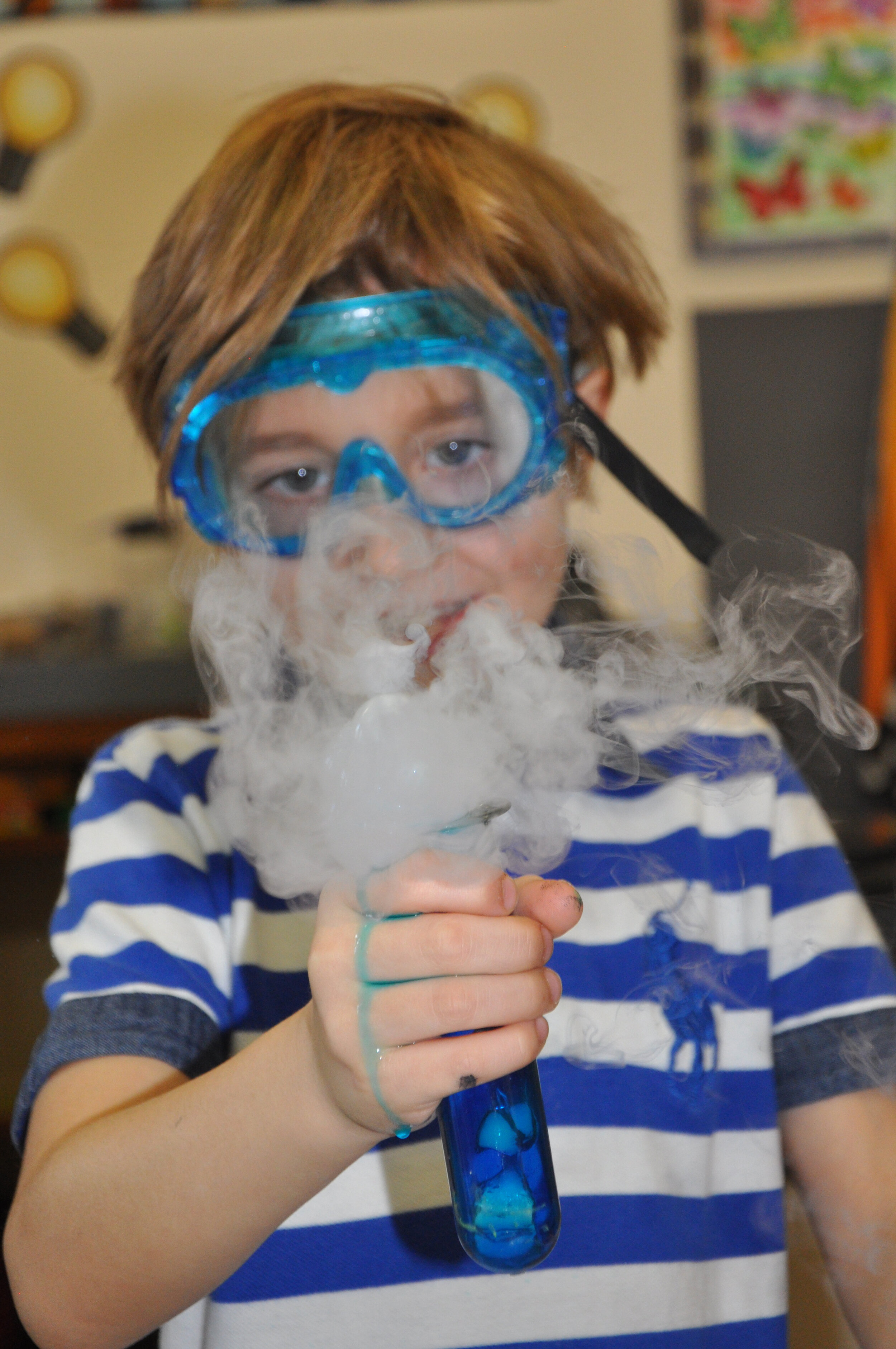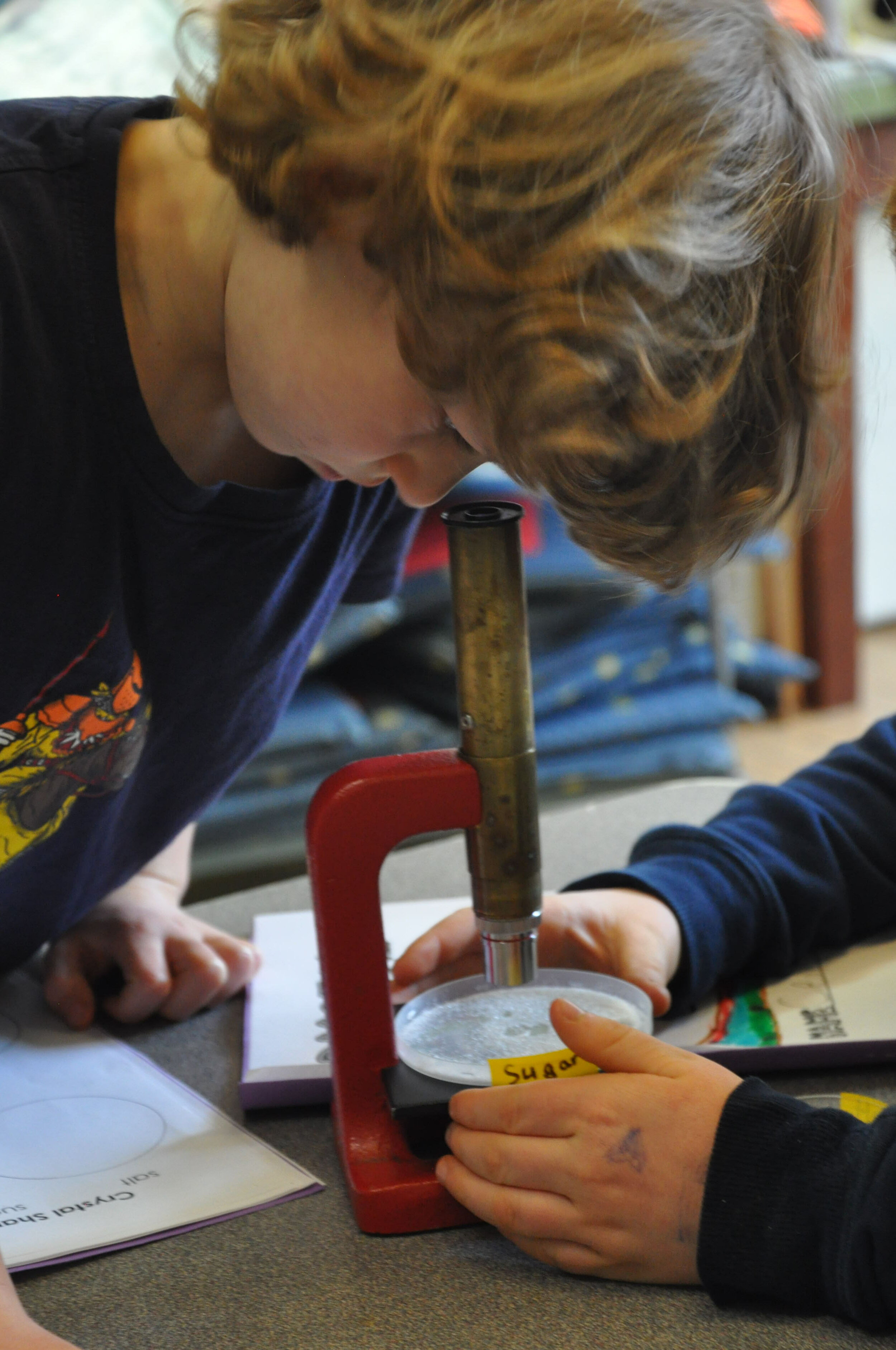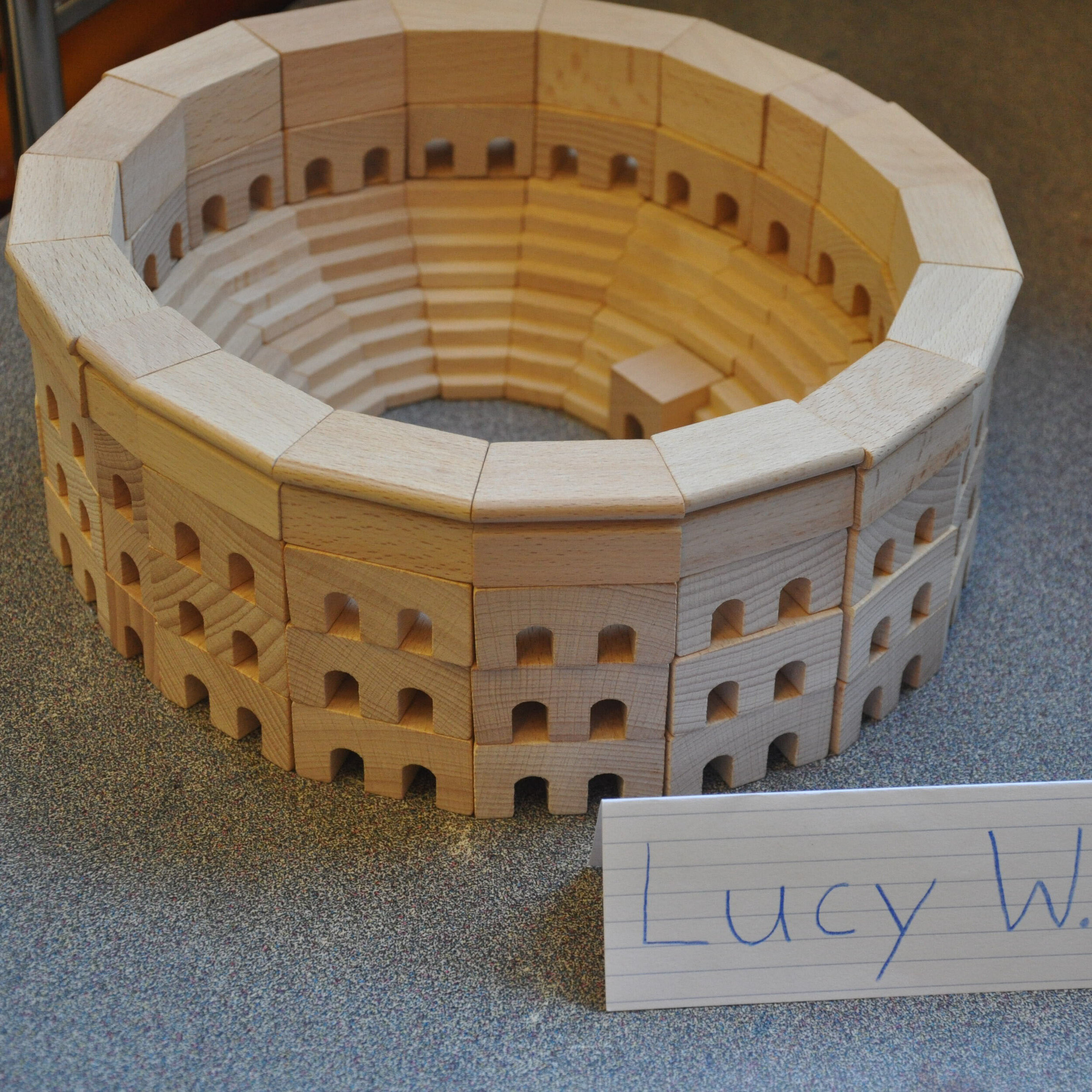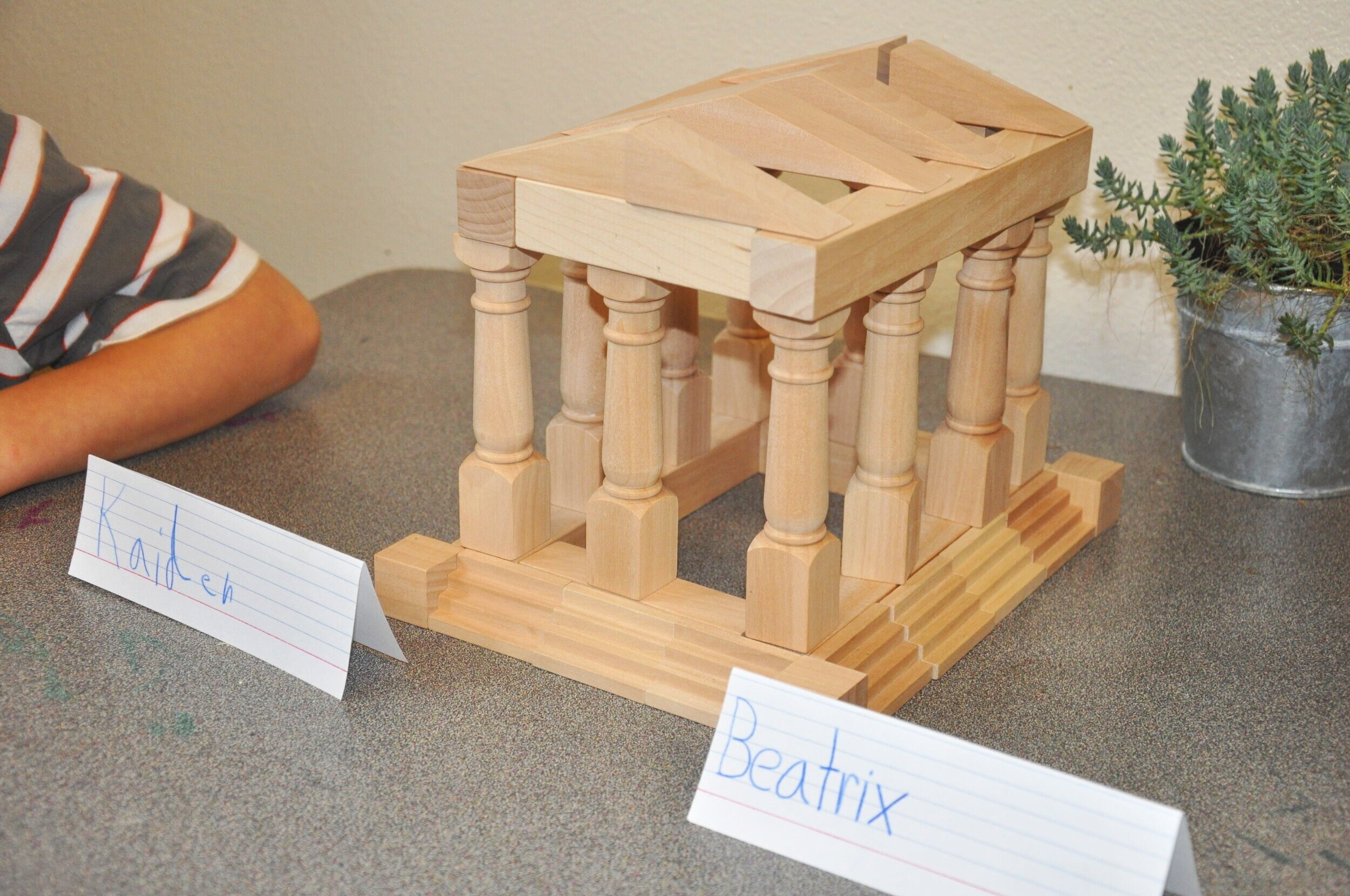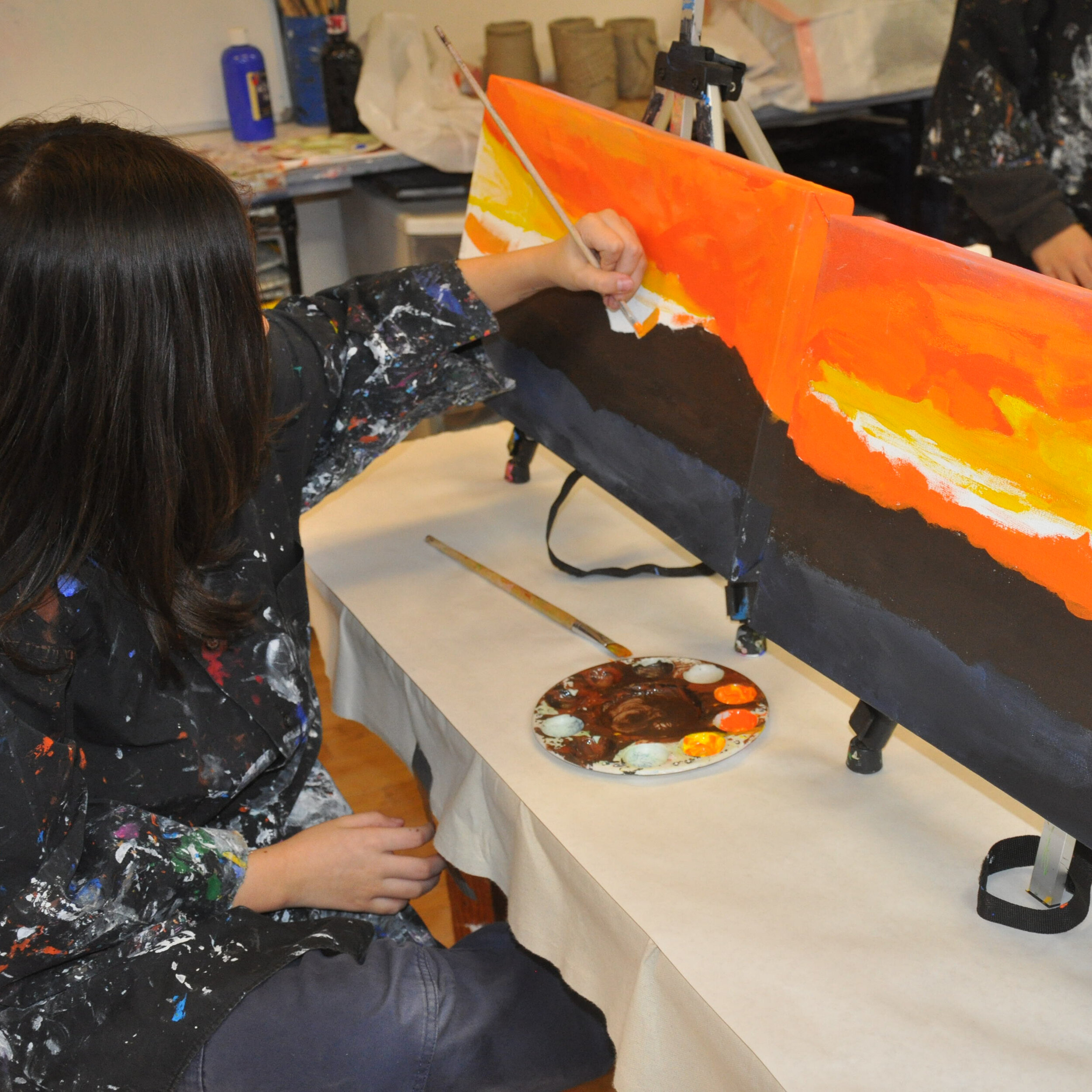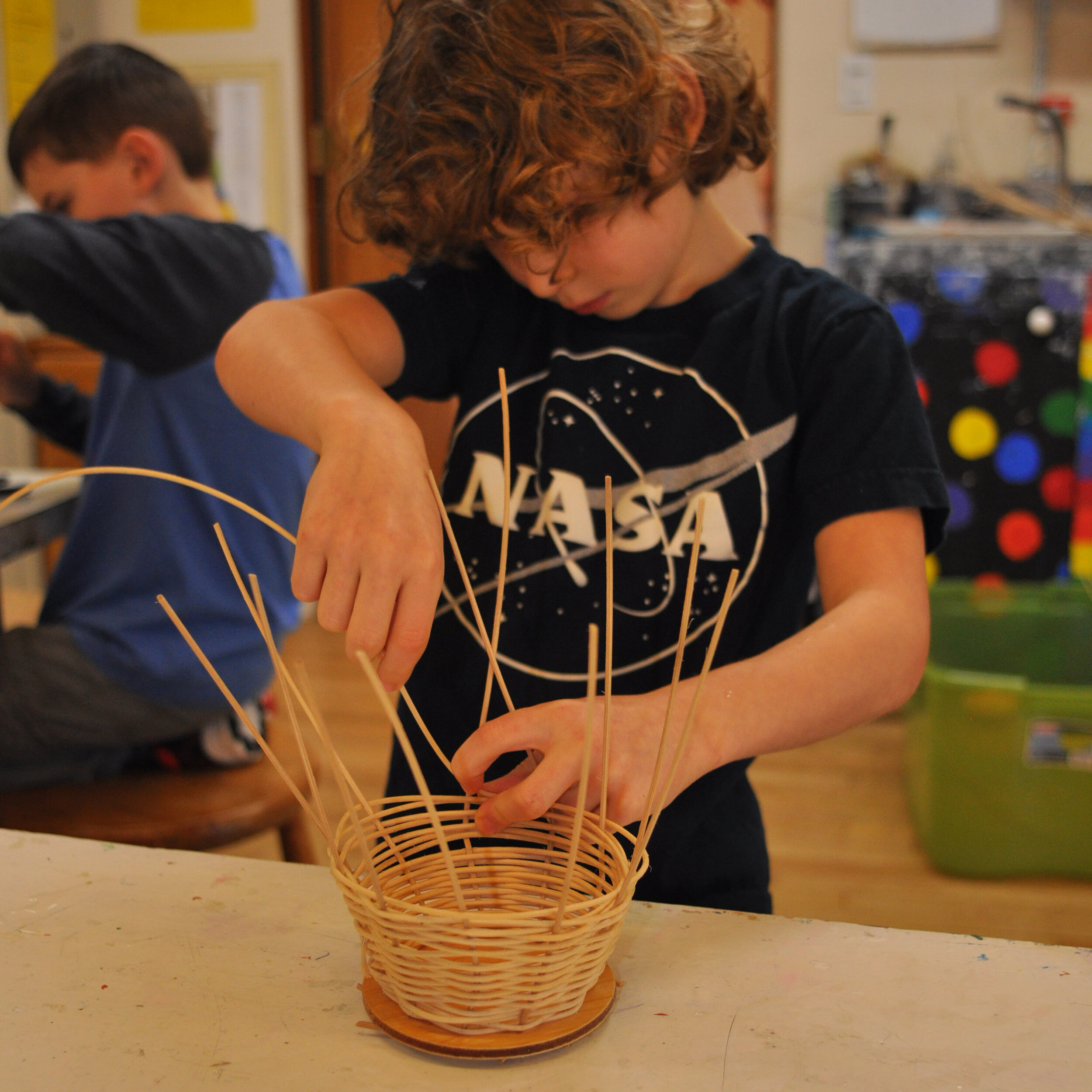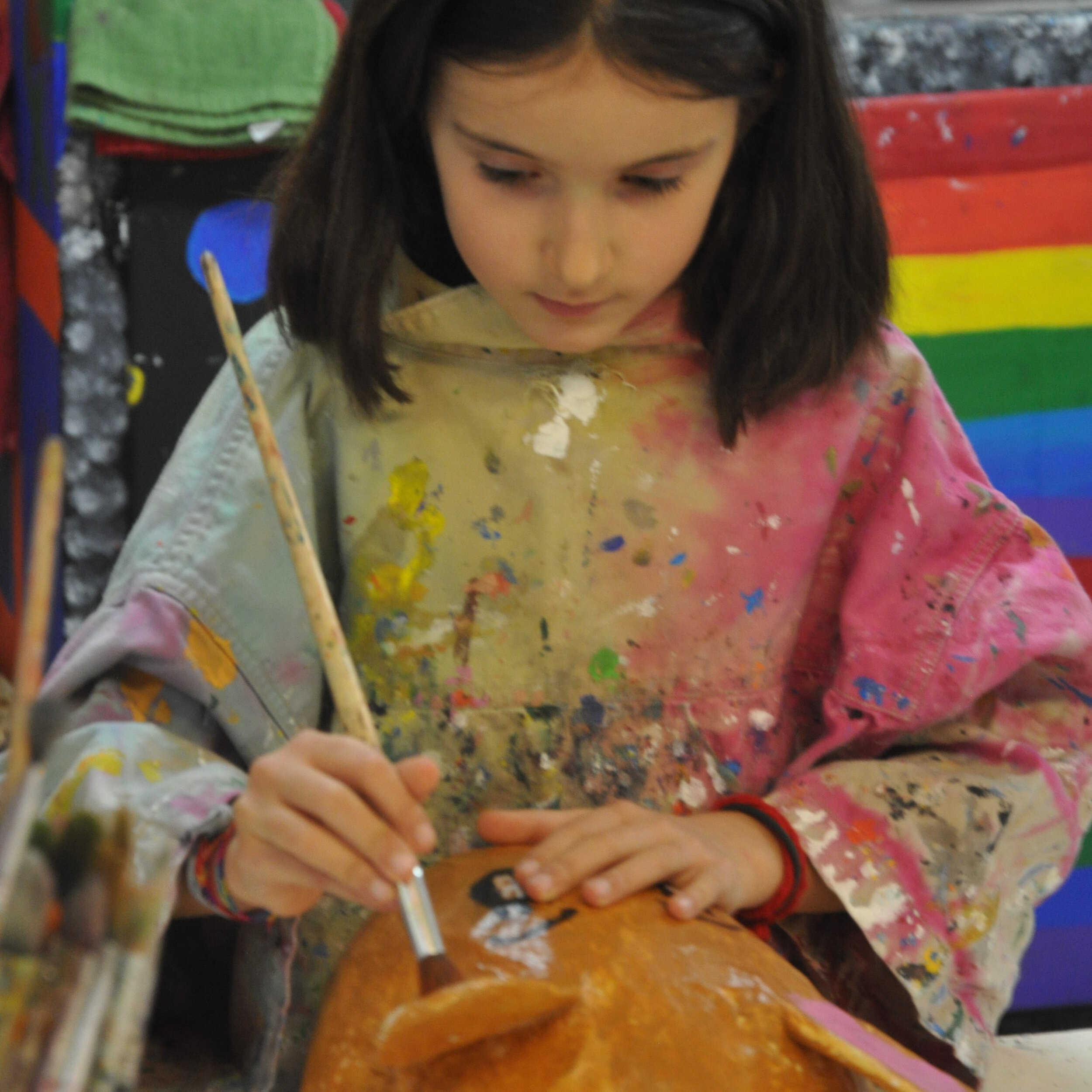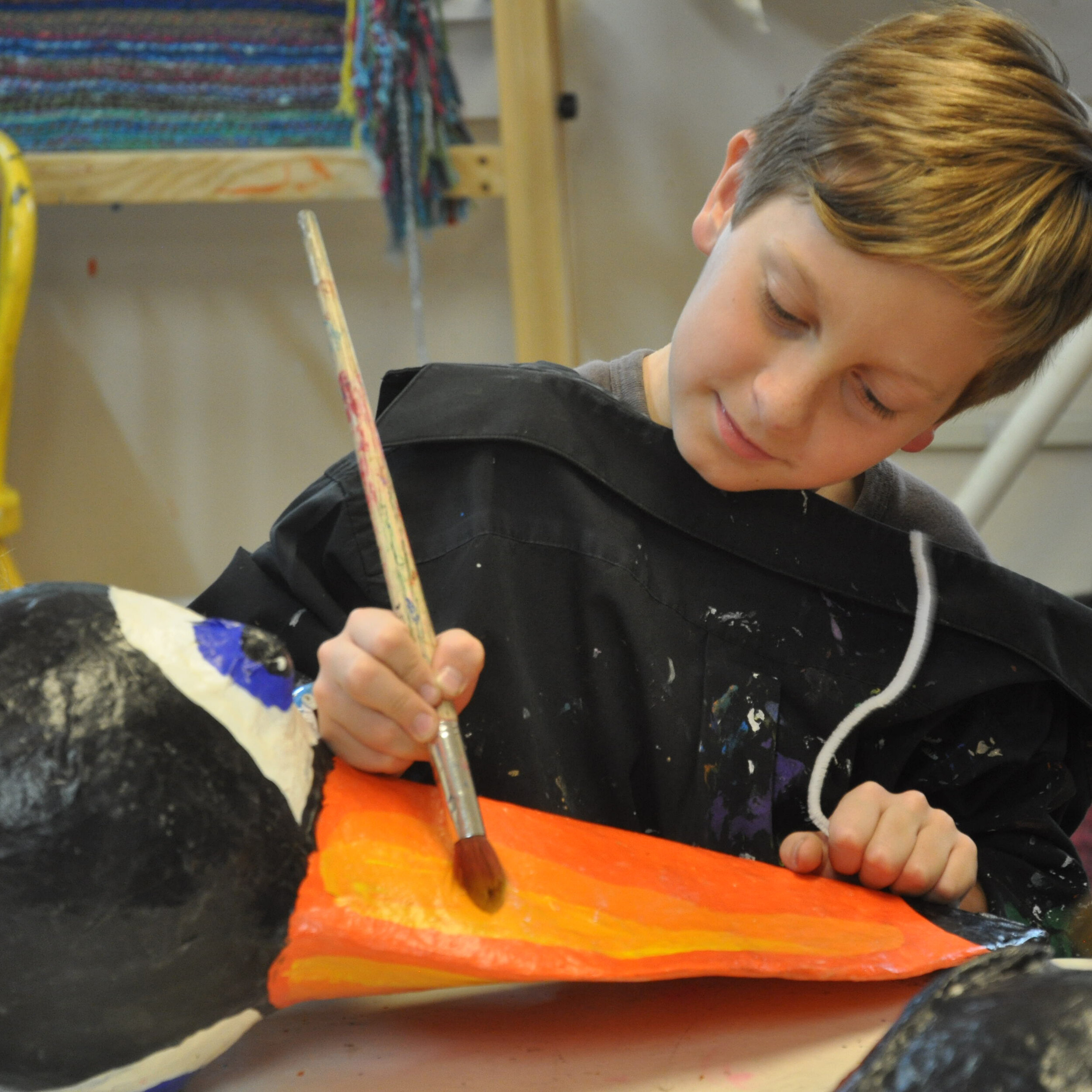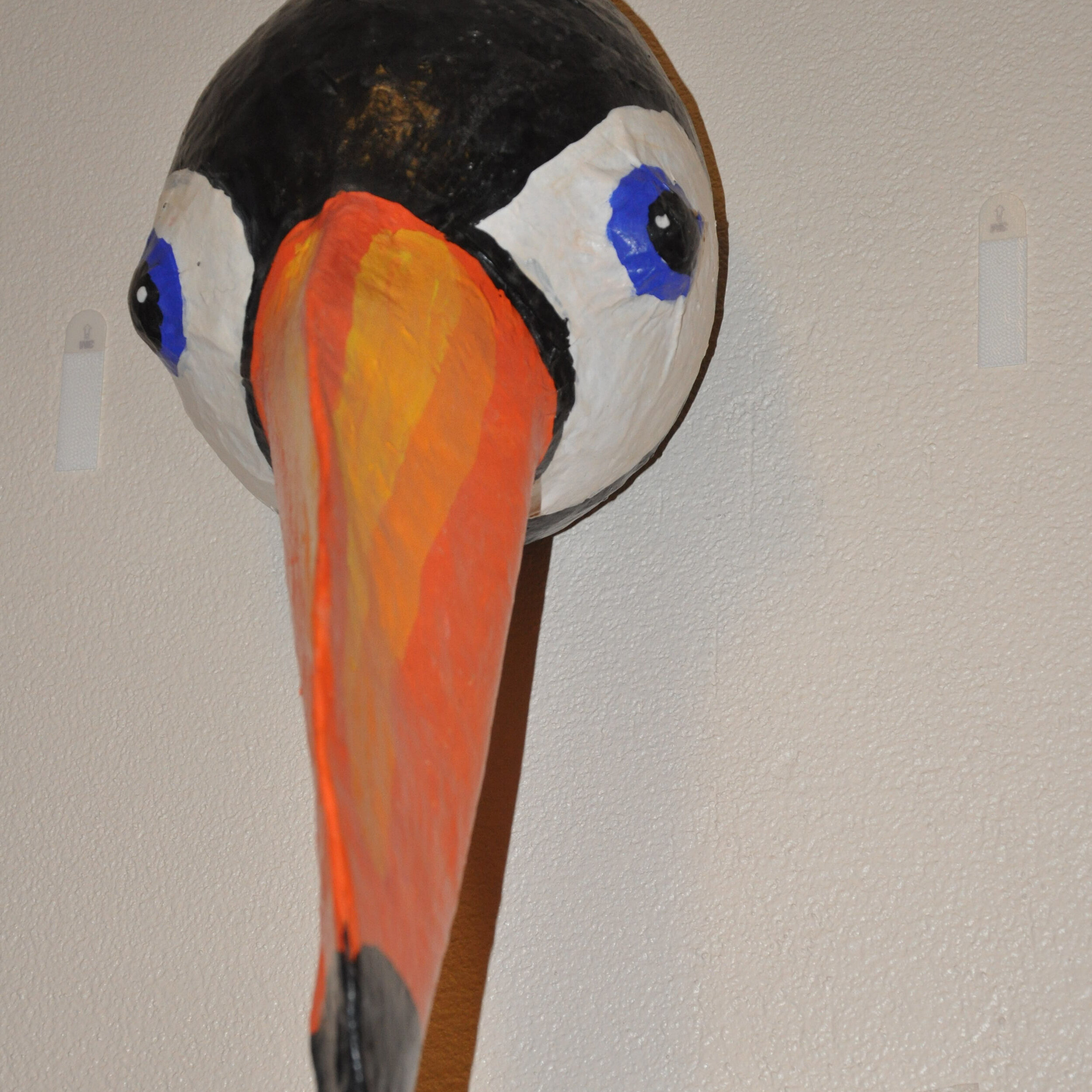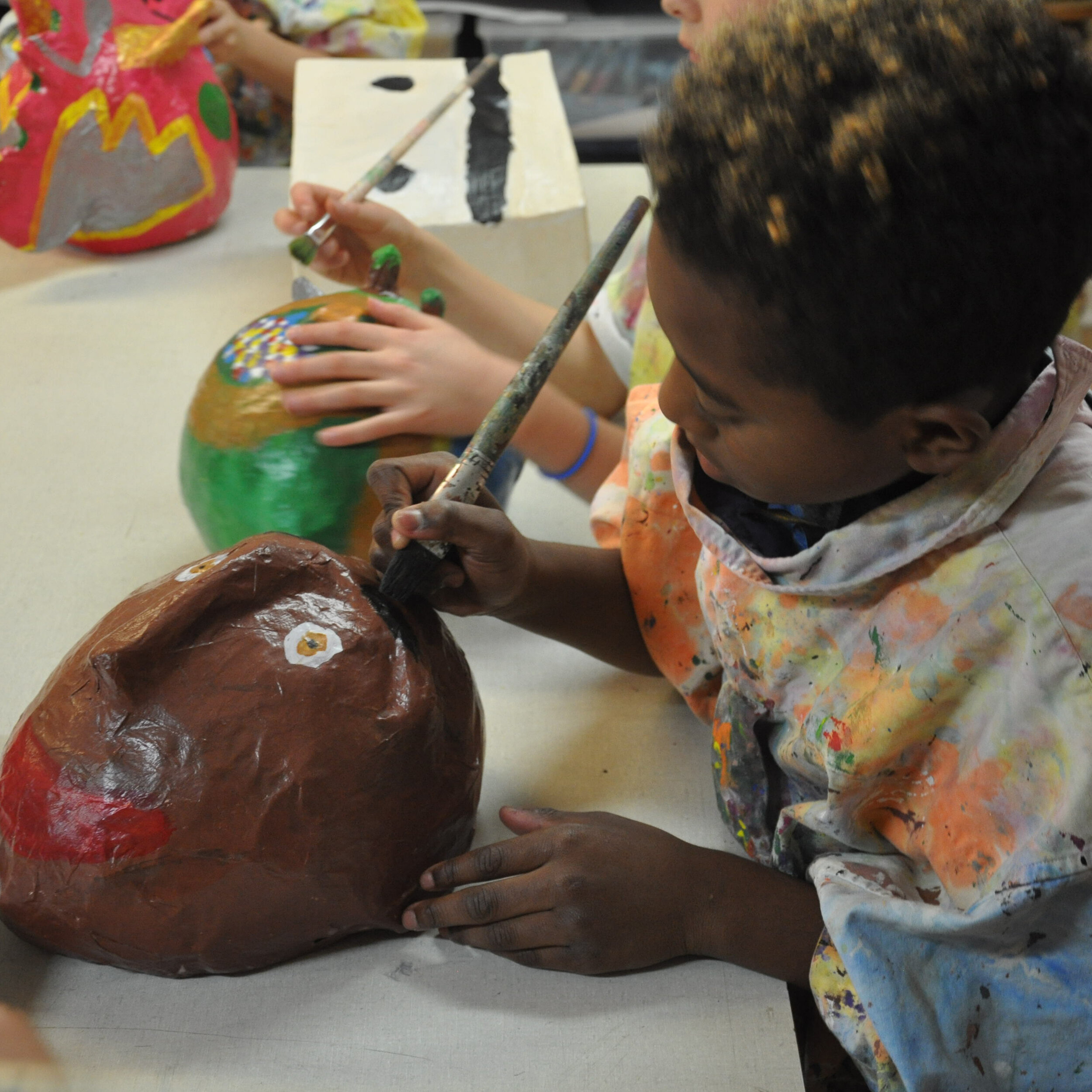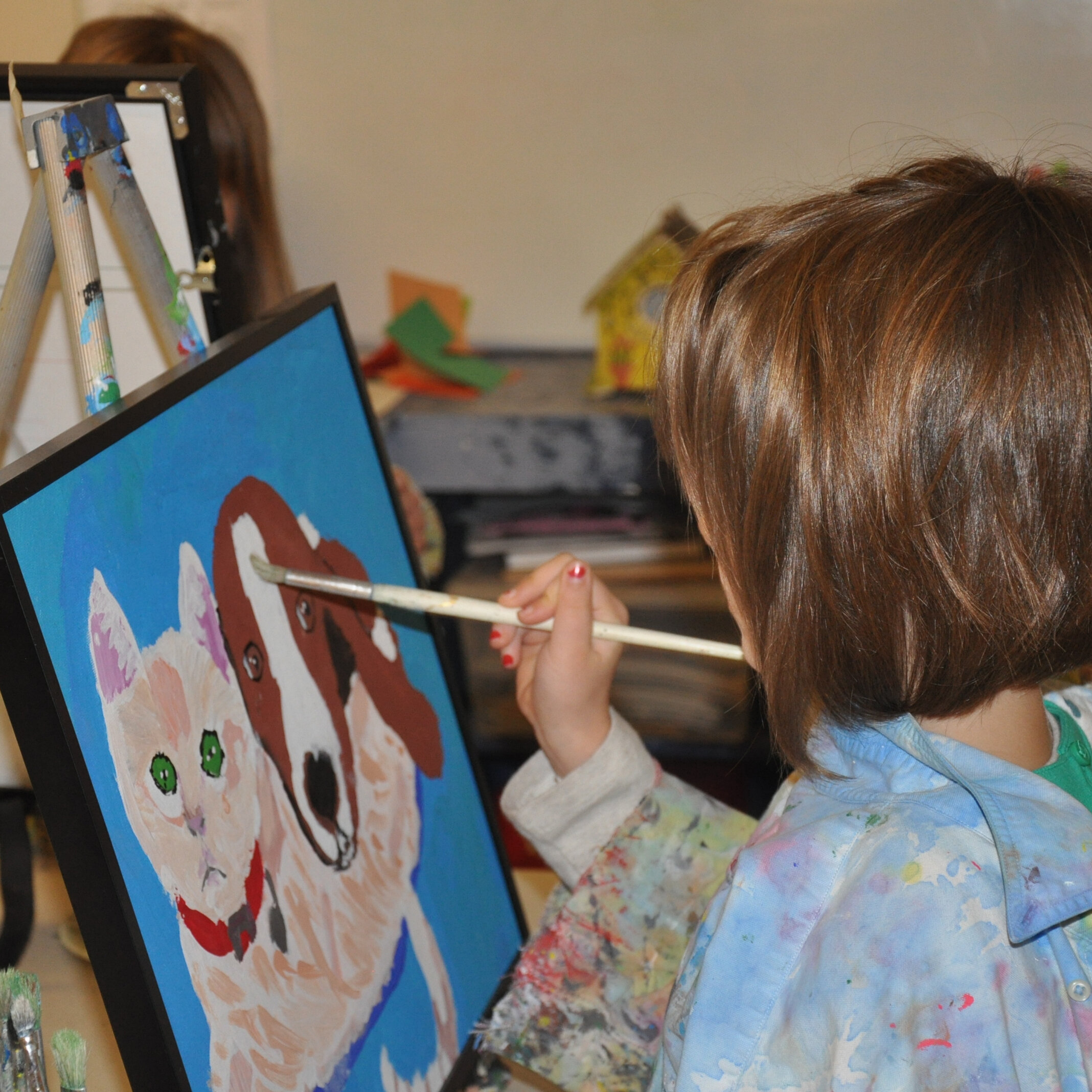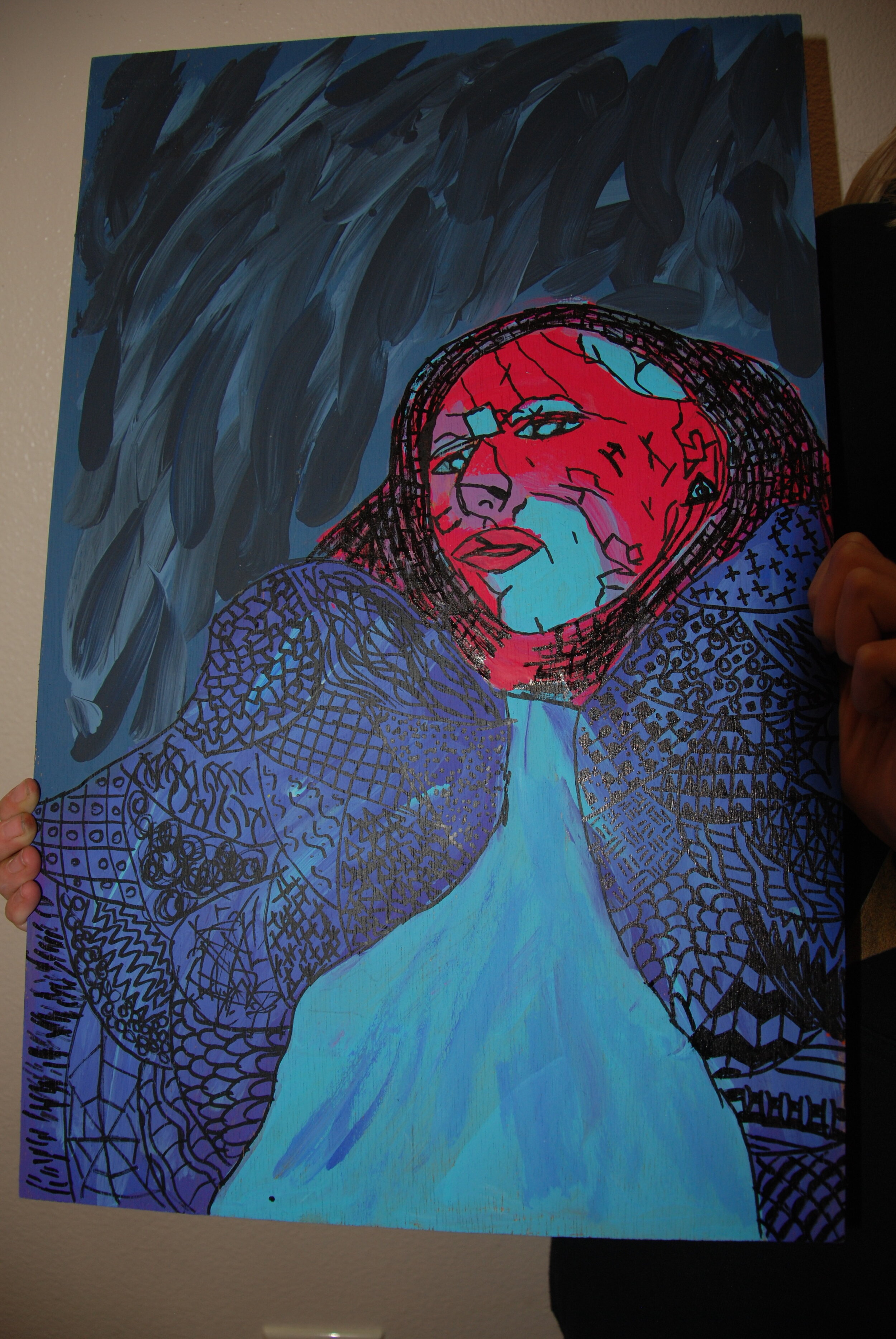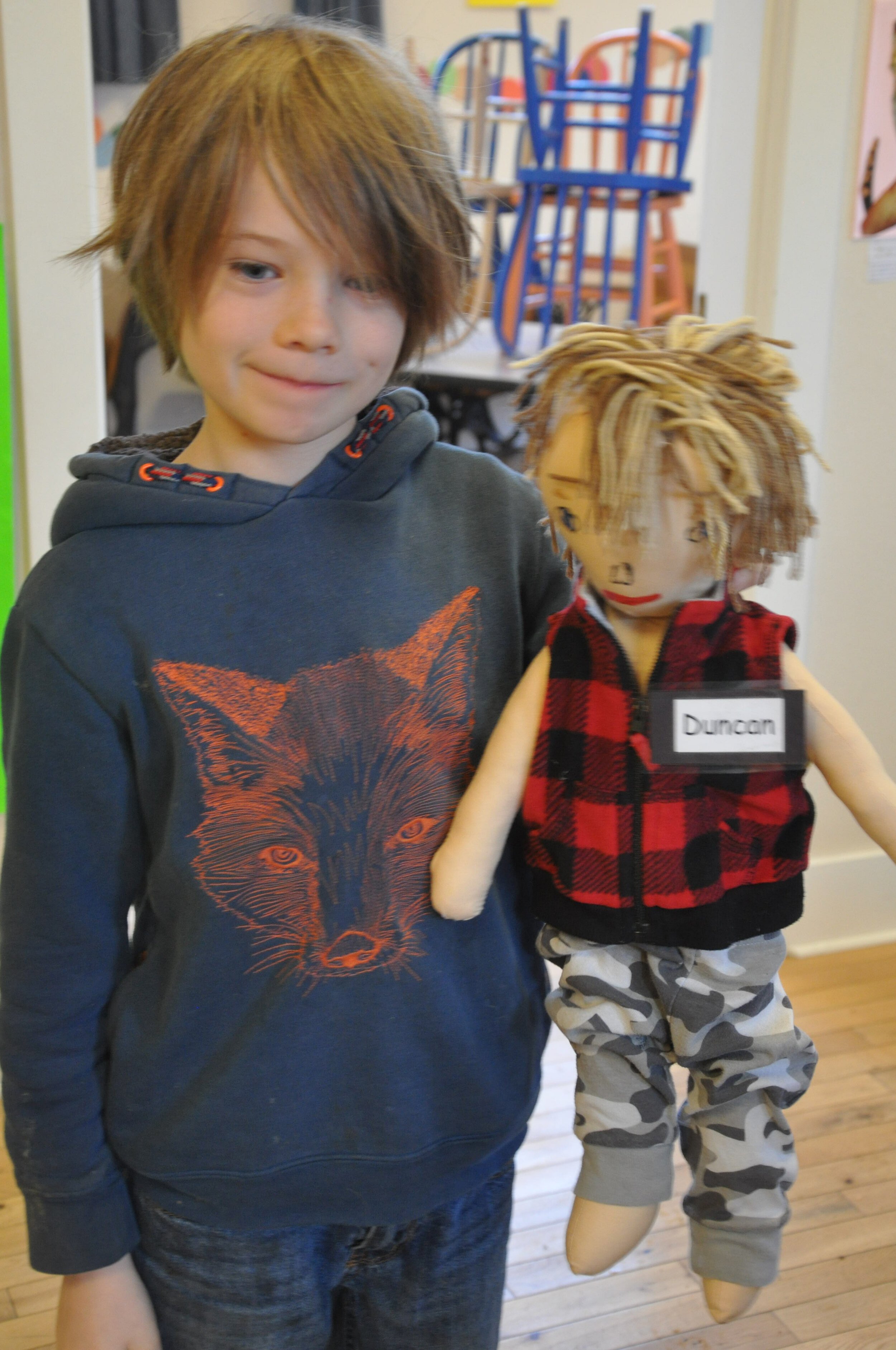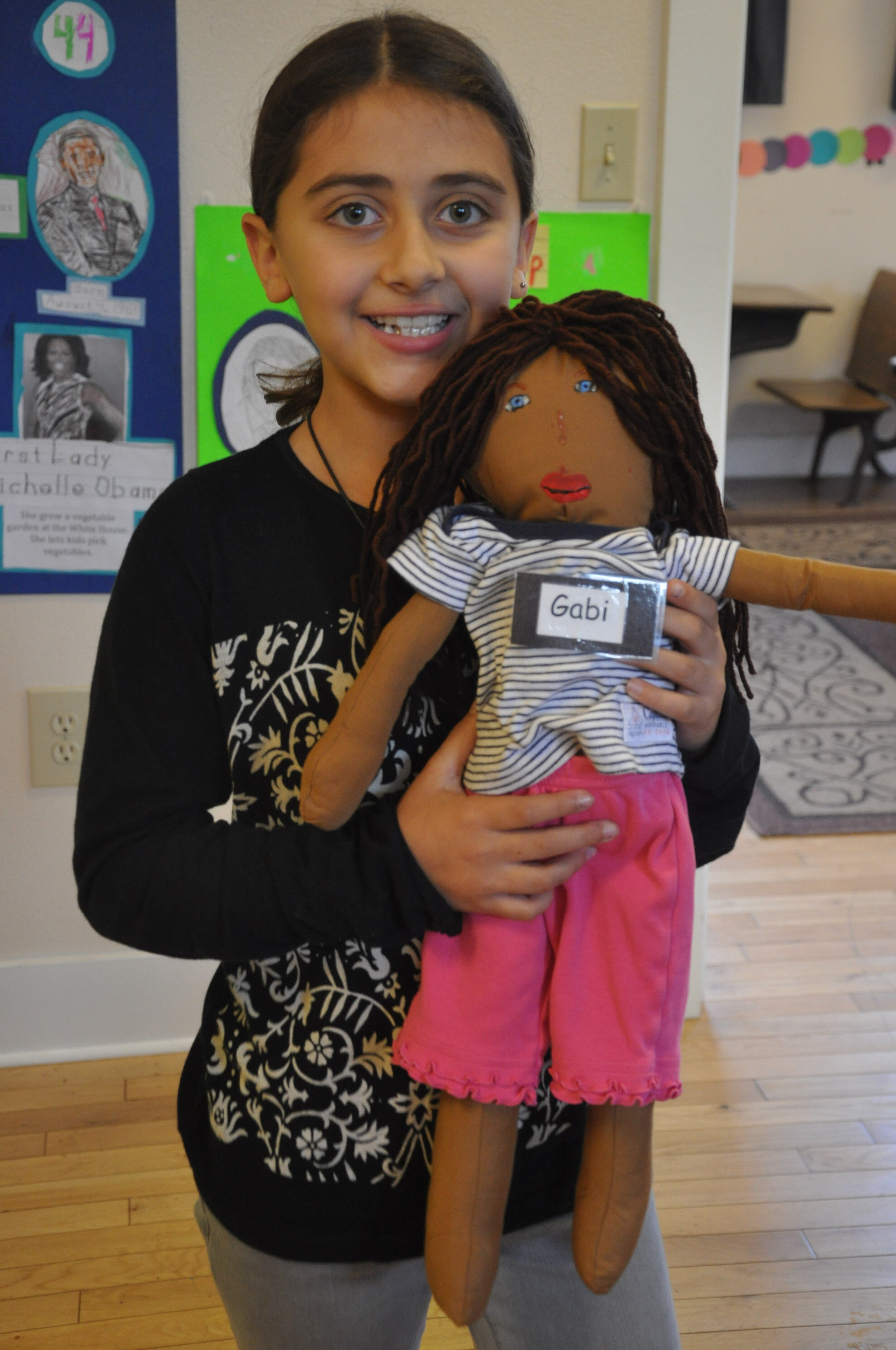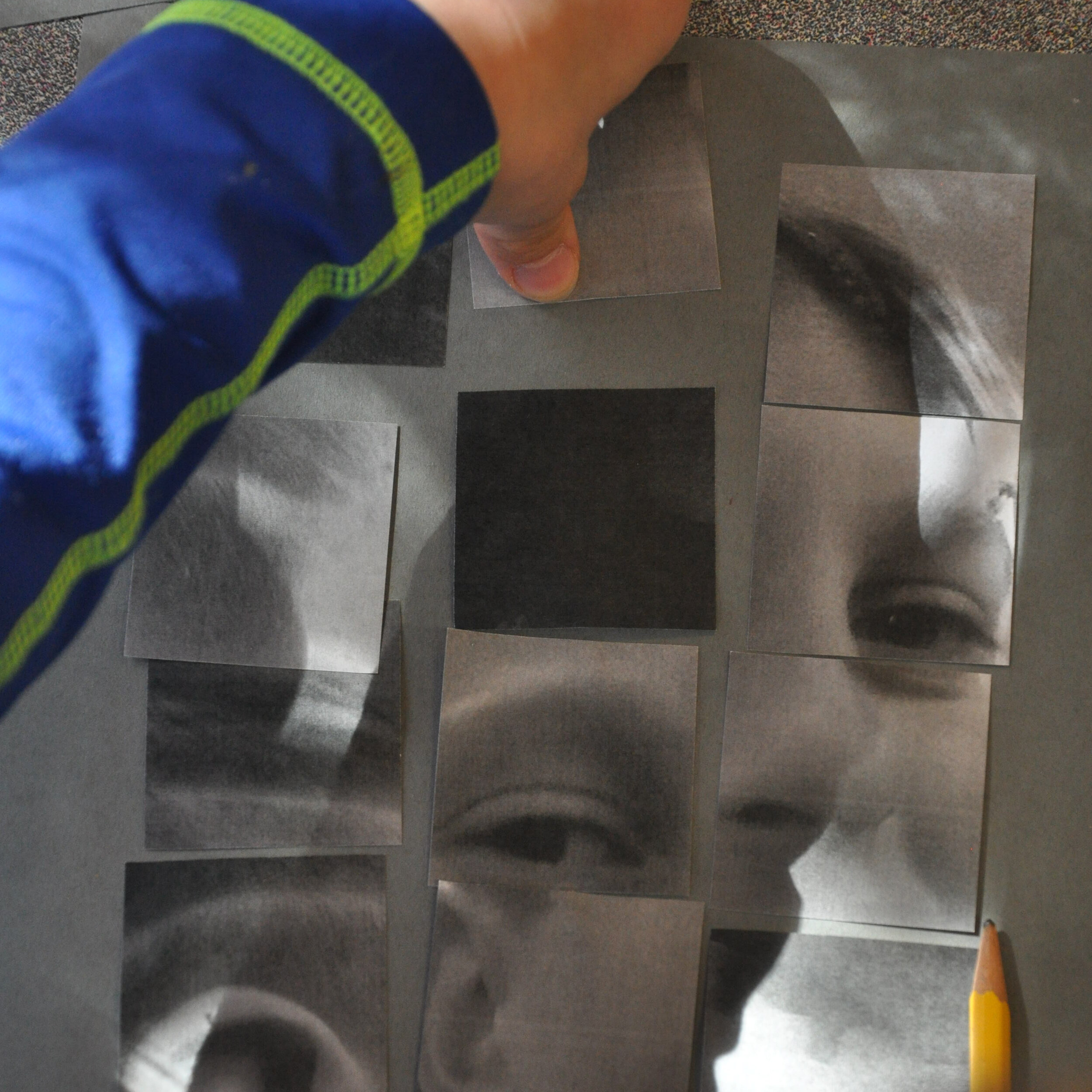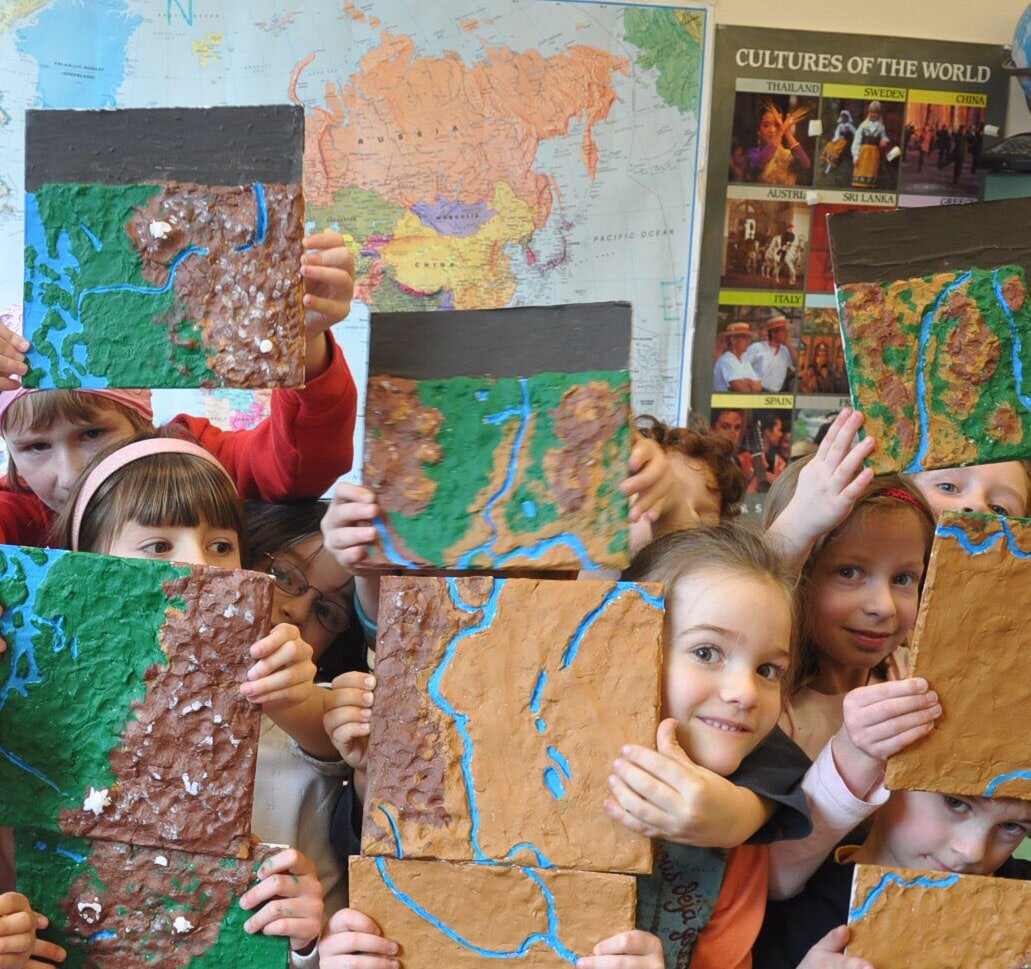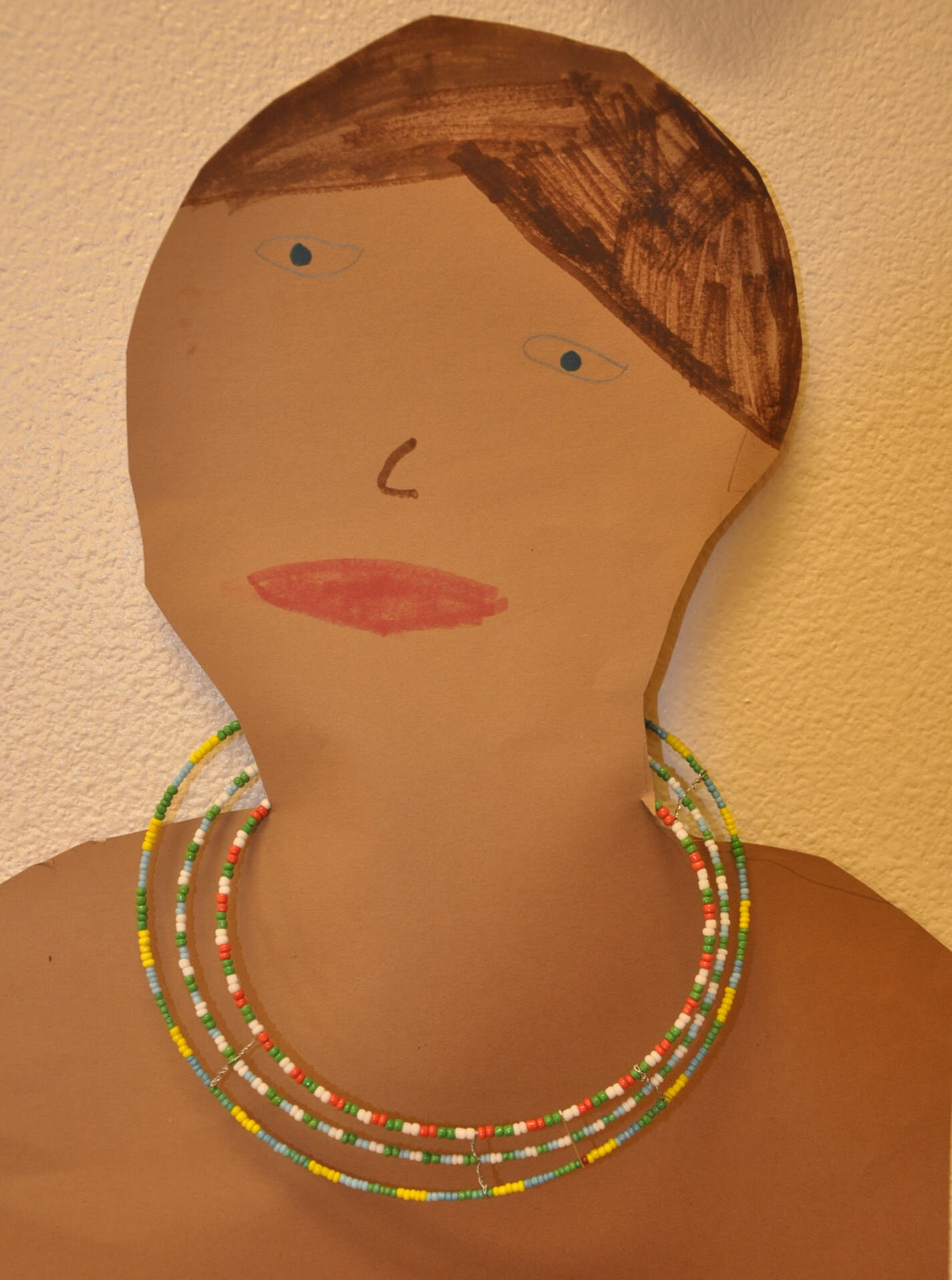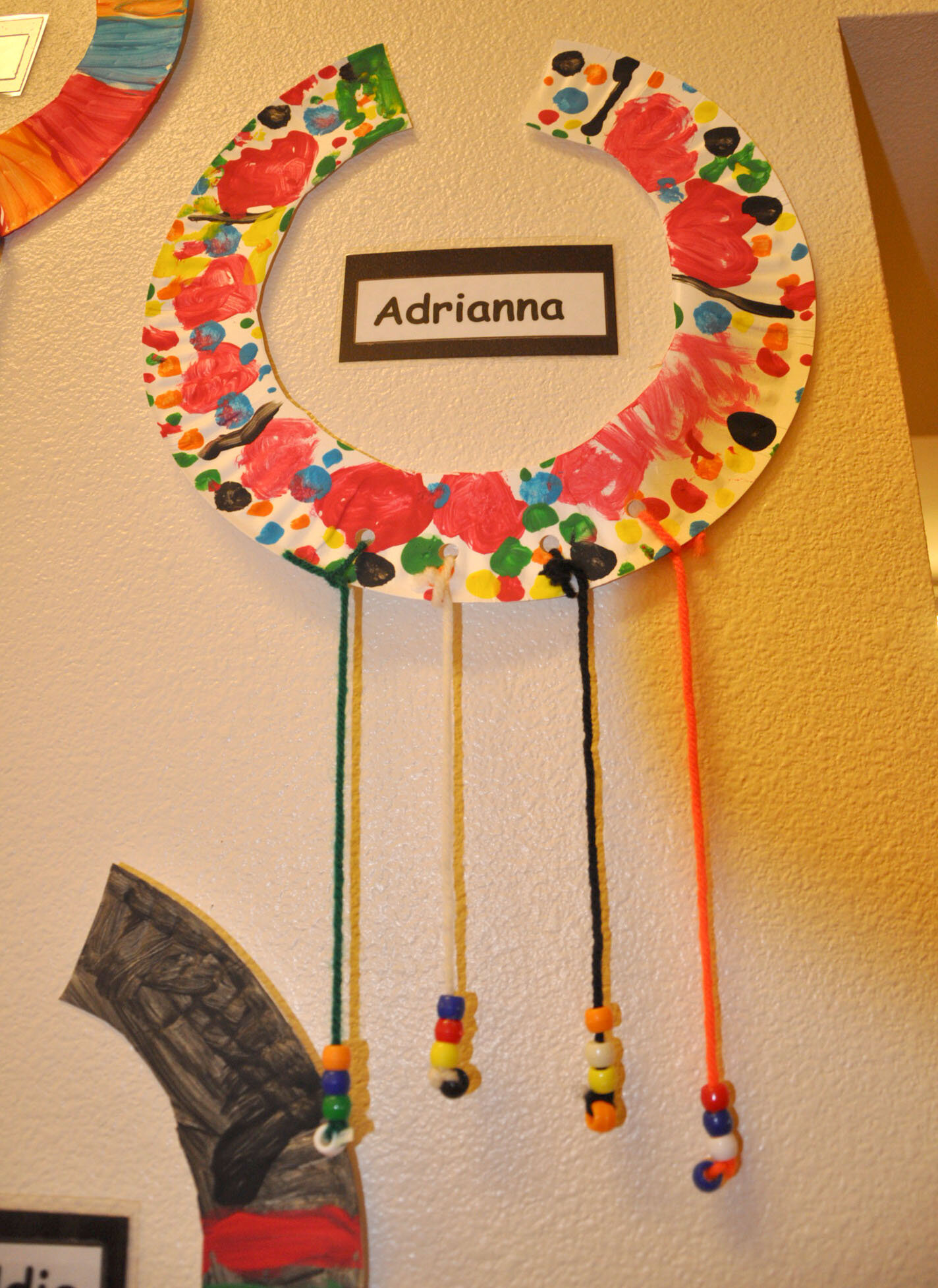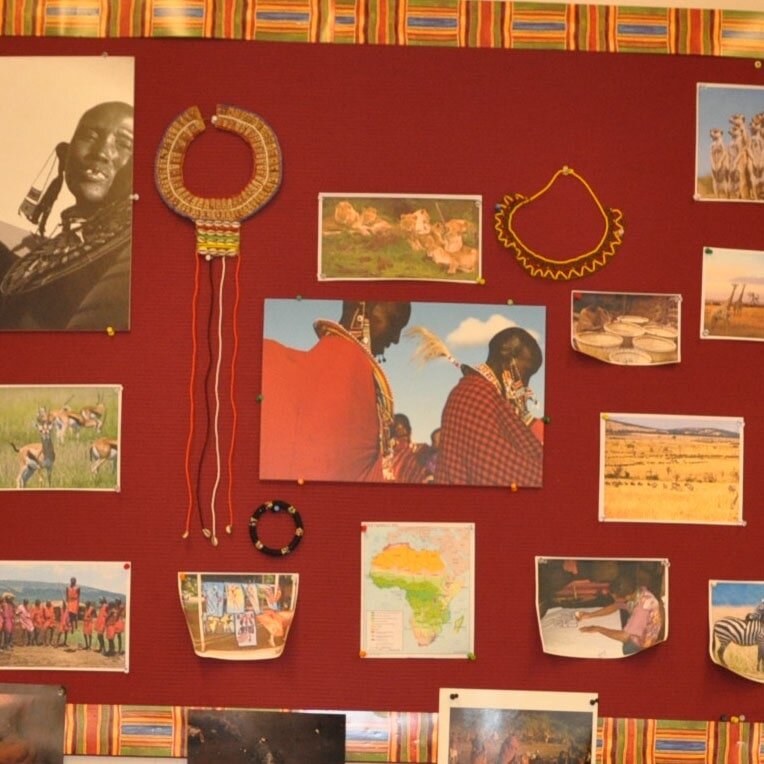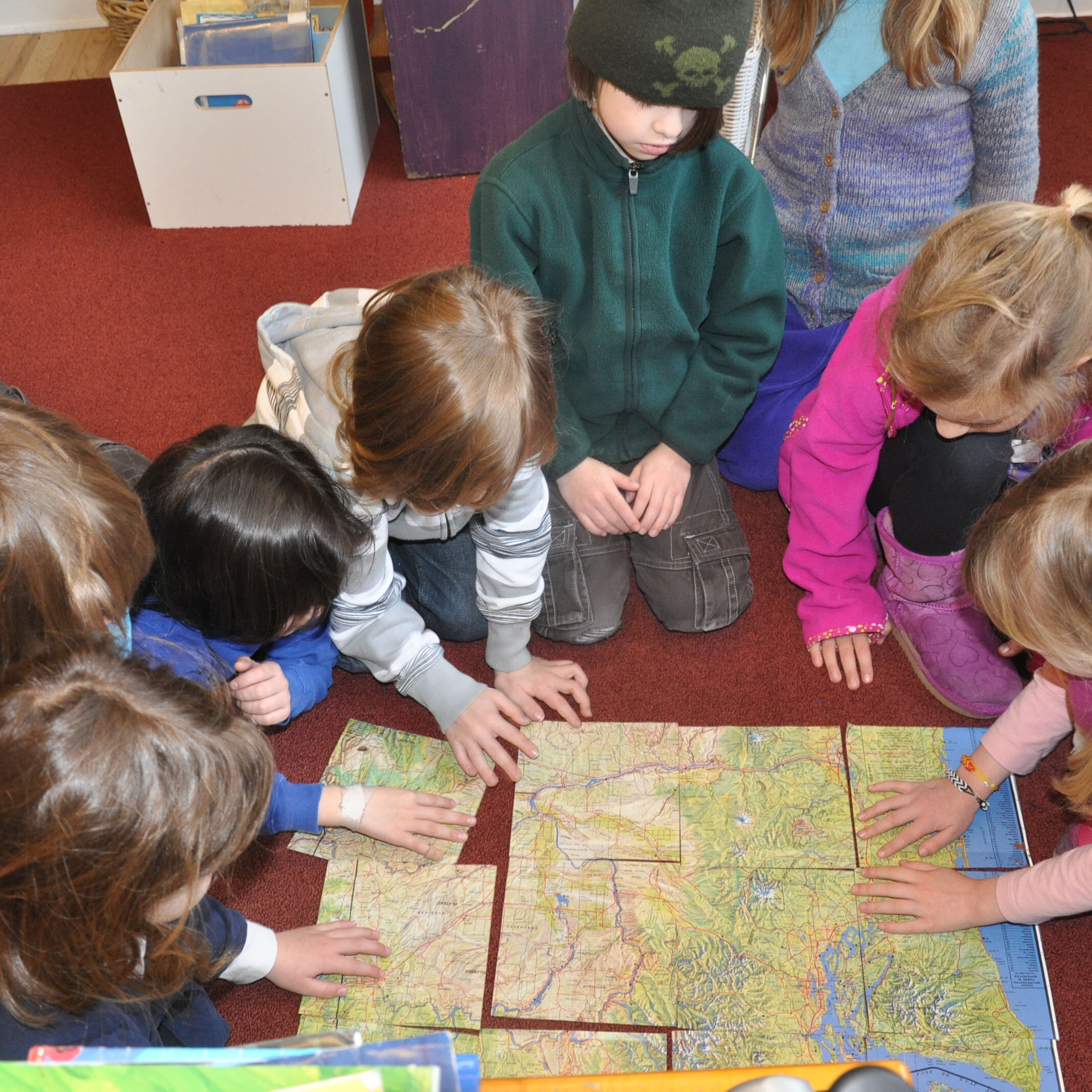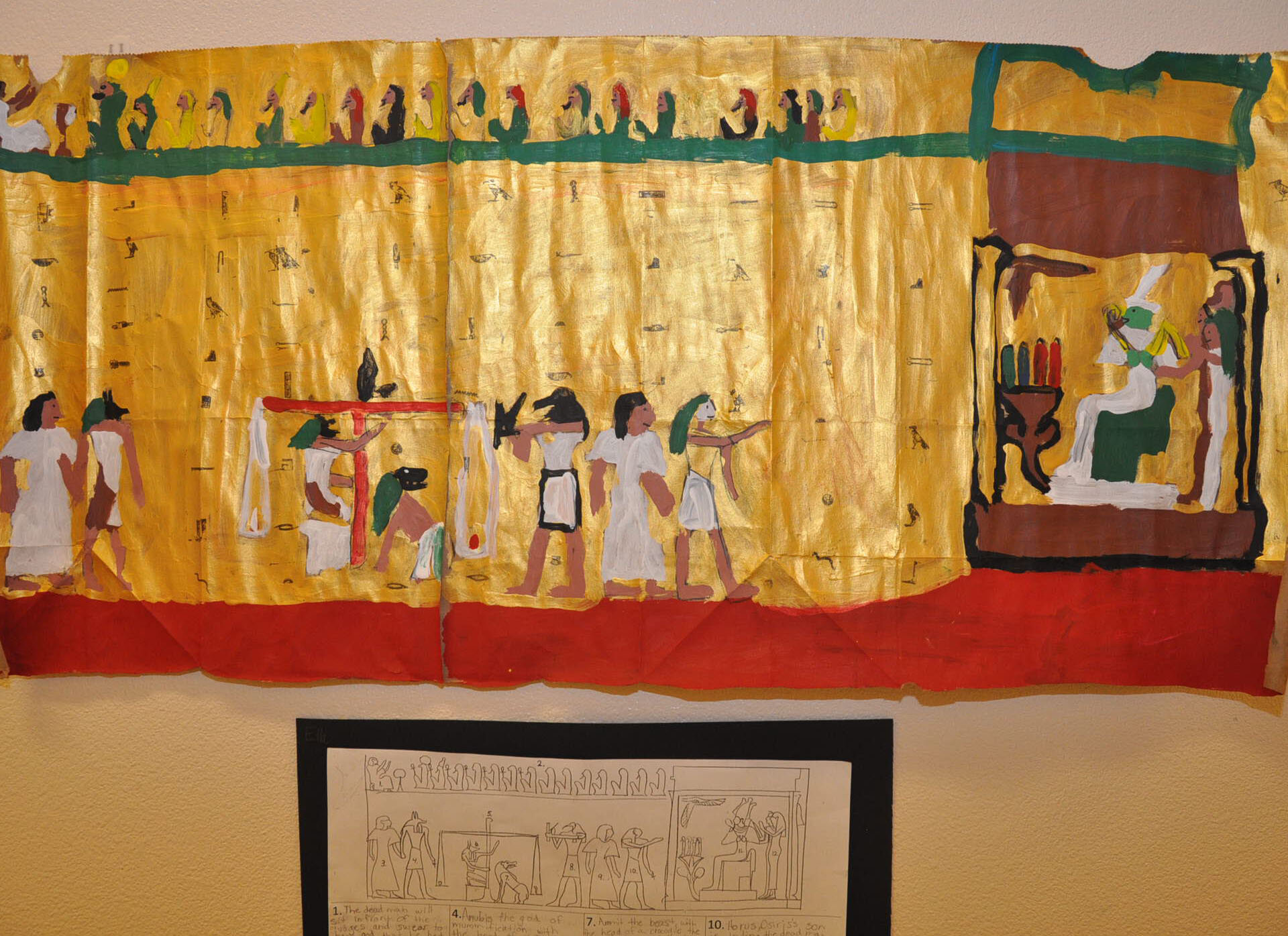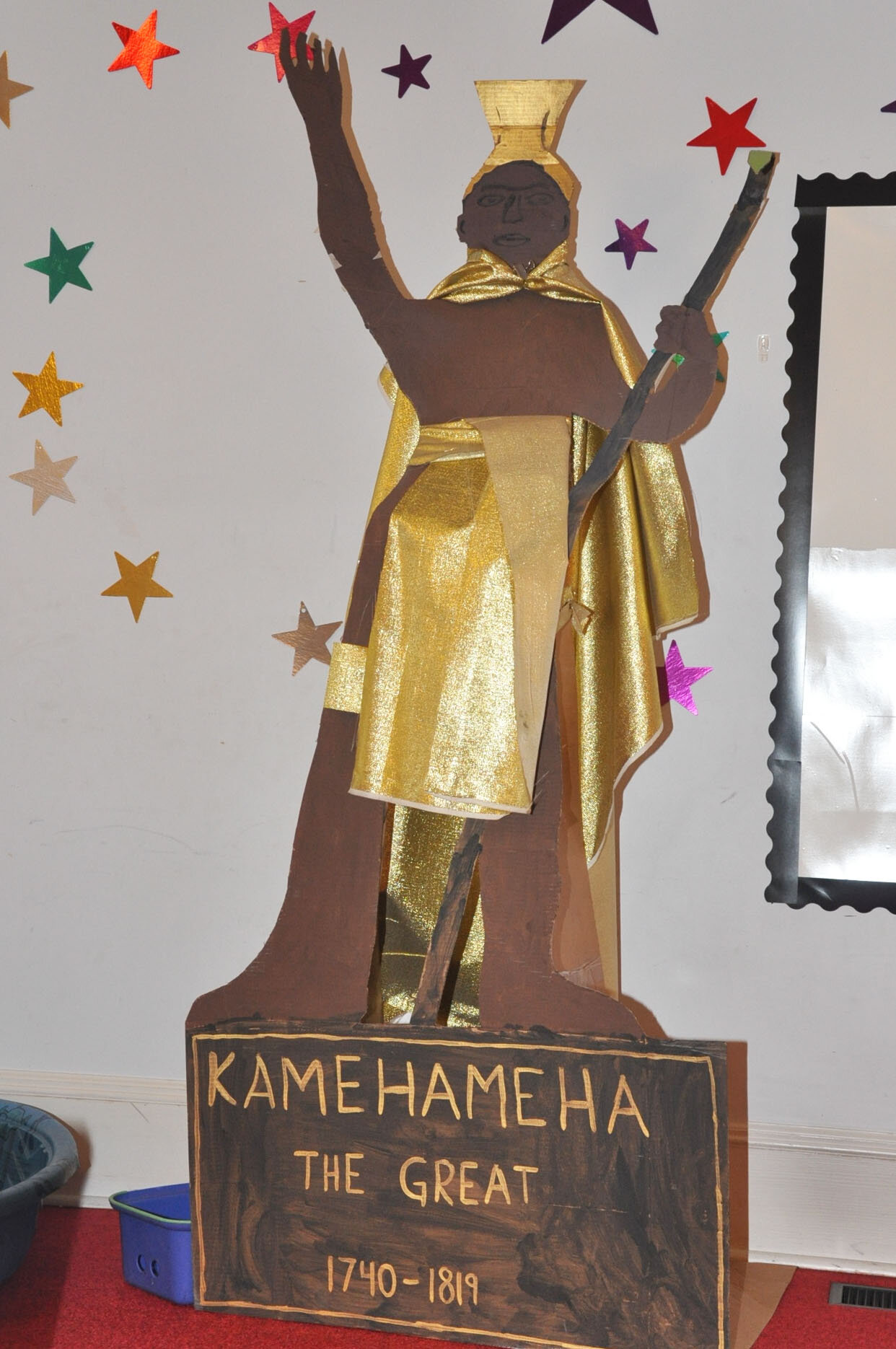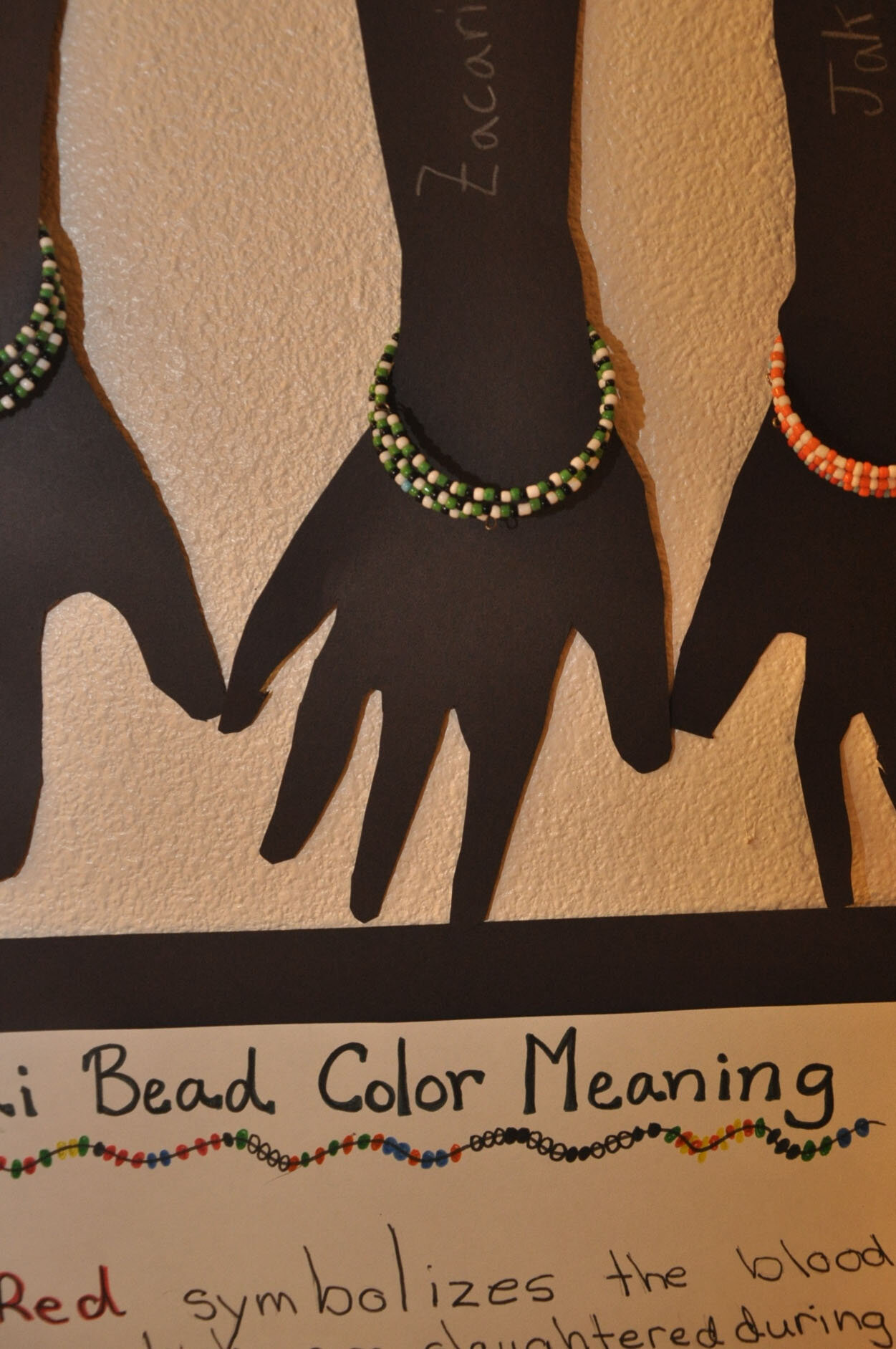Matheia Curriculum
Matheia is a Greek suffix that means "useful learning". Matheia School seeks to provide a curriculum that will enable our students to use learning as a foundation for their future.
Reading: The Foundation of Education at Matheia
Our goal is that children see themselves as readers, and learn to love reading. All children begin their day in reading groups, which are organized by ability, not age.
Emergent Readers
Our goal for these children is that they begin to see themselves as readers and become excited about books. Teachers use a wide variety of teaching methods, including whole language and phonics. Individually tailored tools expand the ability of the teacher to hold each child's interest and reinforce lessons.
Beginning Readers
Beginning readers start every day listening to a story and then discussing the author, the author's style, and the genre. Next, children move into small reading groups of 3 or 4 children where they read aloud with an adult. As a child's reading ability improves, he or she is given increasingly challenging materials.
Independent Readers
These students read and comprehend more challenging books. Students develop higher-level thinking skills while gaining an appreciation for the richness and subtlety of language. Children learn to follow multiple plot lines and analyze characters. Class book discussions teach children to develop their own opinions.
Language Arts: Inspiring Students to be Authors
In the Writing Program at Matheia School, students quickly learn to view themselves as writers and creators. Students build self-efficacy through a series of dynamic units. they create imaginative poetry, develop well-supported essays, and create stories of their own imagination. Our students finish their work excited to present it to their peers, before bringing it home to share with family.
A balanced approach to language arts ensures that students express themselves creatively, while learning the necessary tools of grammar and spelling. As students progress through each grade, they gain the appropriate skills to be independent writers.
Our youngest students (K-1st) begin their journey as writers by gaining experience with writing in both upper-case and lower-case letters. They quickly gain confidence in their abilities, which grows into a genuine desire to write, write, and write some more! As students learn to pair phonetic sounds with the letters of the alphabet, the next step is to dictate creative stories, descriptions of their own illustrations, and memorable experiences from their lives.
In the middle grades, (2nd-3rd), students develop the confidence to write more independently, with the support and encouragement of the teacher. They are encouraged to take risks with their writing, but also advocate for themselves when needed. Students are introduced to spelling strategies for frequently used words, word families, while working to expand their active vocabulary. (Grammar conventions assist students in becoming fluent authors.
As students transition into the upper grades, ( 4th-5th) creative process, preparation for middle school begins. Creative and expressive story writing remains at the heart of the curriculum, allowing students to add depth to characters and vivid description to the plot and setting. A variety of expository writing styles are also introduced, providing the students a chance to support opinions and facts with strong evidence. Our older students are further prepared for the challenges of middle school through the introduction of typing skills, online learning resources, the basics of online safety, and what it means to be a digital citizen.
Each unit’s focus is geared toward clear communication of ideas - through the use of solid grammar and mechanics, as well as providing opportunities for our students to put themselves into their writing. Lessons encourage creativity and student choice, while also providing clear expectations for their work. We meet each student where they are, fostering a culture of enthusiastic students who are passionate about what they create.
Science: Preparing for Discovery
More than any other discipline, science provides us with tools to learn about the world. Science is not a listing of facts; science is an invitation to observe the world, ask questions, puzzle over problems, and enjoy the process of solving them. From the time children begin to perceive their environment, they are involved in science. Each unit provides students the opportunity to learn about topics in physical, life, and earth sciences and technology through direct observation and experimentation. The units invite the children to develop and test hypotheses, just as professional scientists do.
Mathematics: connecting the patterns around us
Mathematics is a means of investigation, a way of solving problems, and a way of thinking. It is connected to everything. Math should be fun and engaging! The mathematics world is one of inquiry, exploration, discovery, and application. When we extend math beyond learning the facts and challenge children to be problem solvers, they remain curious and eager learners. Manipulatives and activities provide the means for exploring concepts and ideas. All students are able to learn to apply mathematics. A strong foundation in the fundamentals and fluency of math facts gives students a springboard to explorations in many different fields of interest.
Art: Every Child’s Signature
When visitors come to Matheia, the first thing they notice is the amazing artwork that covers our walls. Art has become a signature of Matheia's education and a tribute to the creative processes that underlie everything we do. Art students develop confidence, skills, and a sense of pride in their work as they grow to identify themselves as artists. They explore many media enabling students to be observant, use their inner mind, and apply their creative skills. Our approach to art at Matheia is interdisciplinary, providing a tactile way for the children to explore the broader curriculum. We include the study of historical and current artists and their works.
Social Studies: Educating Global Citizens
Social studies is an introduction to the people and places of the contemporary world and the history of the world throughout time. The goal for students in learning about social studies is to understand not only differences between each other in the world, but to find and understand the similarities within those differences. Units in culture, civics, geography and history bring new ideas about the people in this world to life for students in the classroom. Through activities, research, discussion and projects students explore the world around them discovering their own pathway towards becoming educated global citizens.
